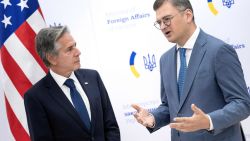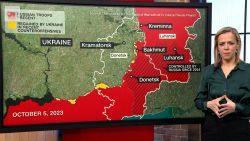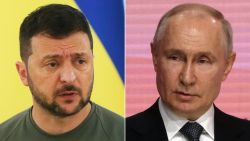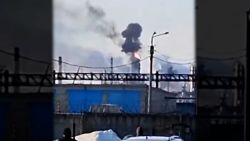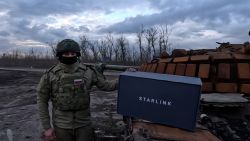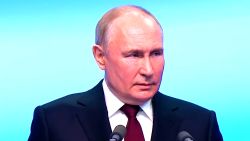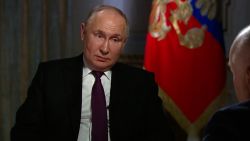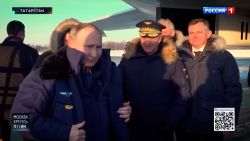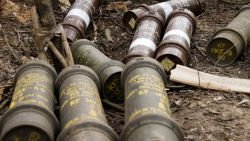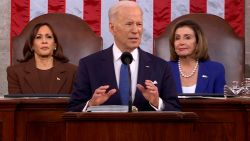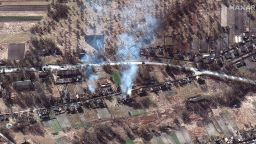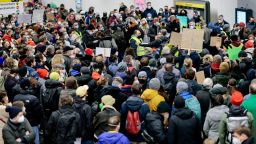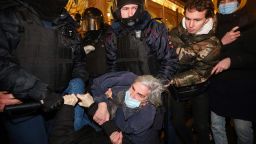Russia’s assault on Ukraine is just a week old, but its consequences have already been catastrophic.
In the seven days since Russian troops invaded their western neighbor, hundreds of people have been reported dead and one million have fled for their lives. Energy prices are skyrocketing and food prices could be next.
No one can say for sure what will happen in the coming days and weeks, but years of relative peace and stability in Europe have already been ruptured, and should the fighting stretch on for months, the crisis could have even greater ramifications.
What happens to Kyiv?
Russian President Vladimir Putin has been very clear about his basic goals in invading: He wants to disarm Ukraine, sever its ties to the NATO military alliance and end the Ukrainian people’s aspirations of joining the West.
He has also said he wants to rid the country of what he calls the “gang of drug addicts and neo-Nazis that has settled in Kyiv and taken hostage the entire Ukrainian people,” a baseless and highly-charged reference to Ukraine’s democratically-elected government and its Jewish president, Volodymyr Zelensky.
Russian forces are encircling the Ukrainian capital, Kyiv, in an apparent push to topple the government, and a 40-mile-long military convoy is edging toward the city, which has been targeted by multiple rocket and missile attacks in recent days.
Zelensky has vowed to keep fighting, but he is under no illusions that Putin’s forces “want to destroy Ukraine politically by destroying the head of state.”
Should those forces take the capital, Ukraine does have other politicians who might be eager to fill the ranks of a pro-Russian puppet regime.
One of Putin’s top allies in Ukraine is Viktor Medvedchuk, a prominent politician and oligarch. He faces allegations of treason in Ukraine and has been under house arrest, but his exact whereabouts are unclear.
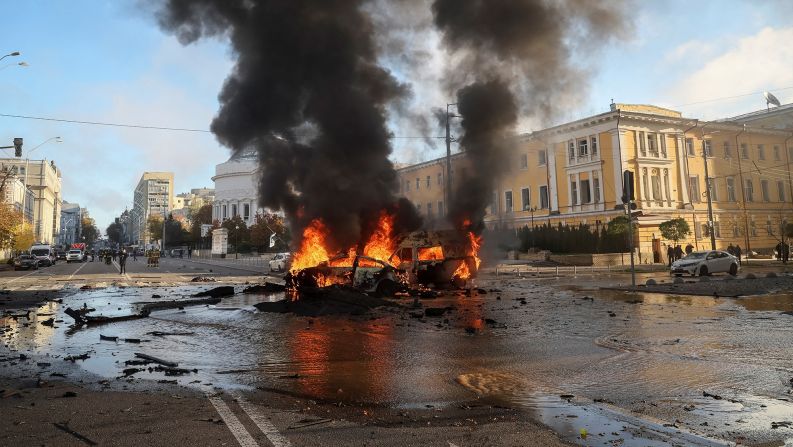
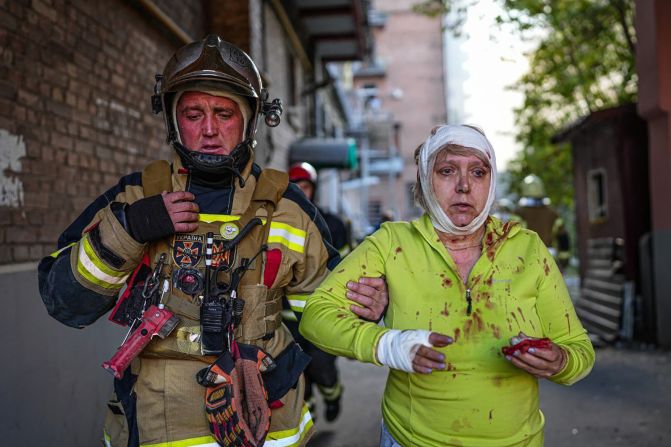
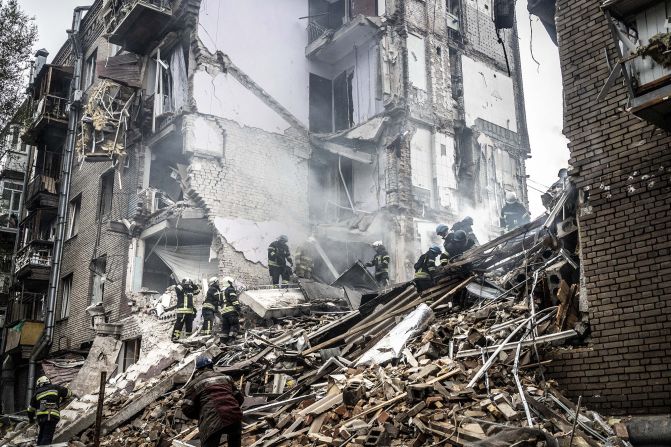
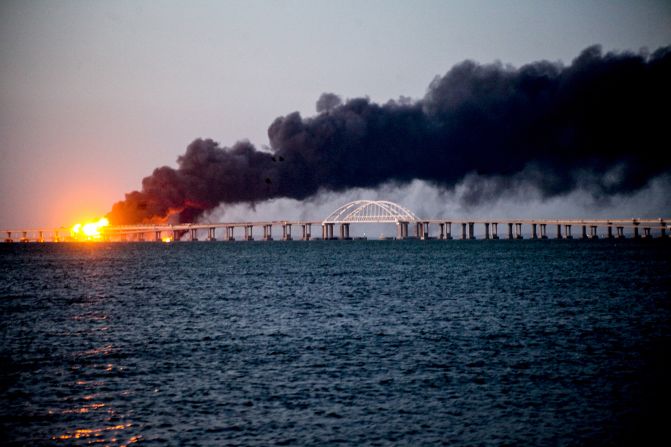
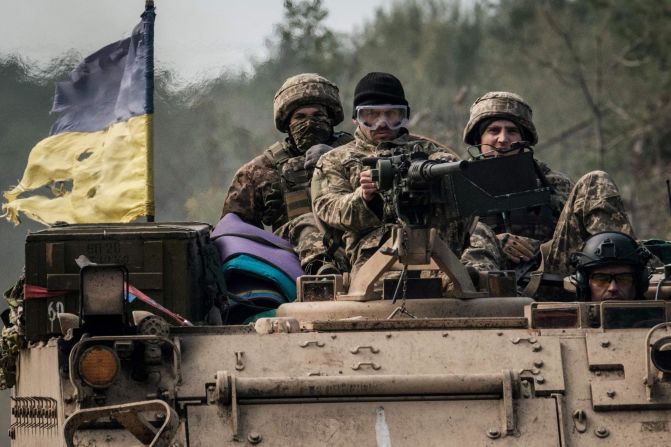
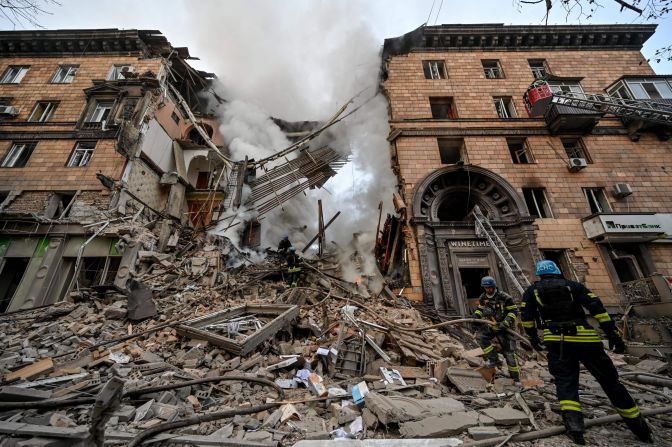
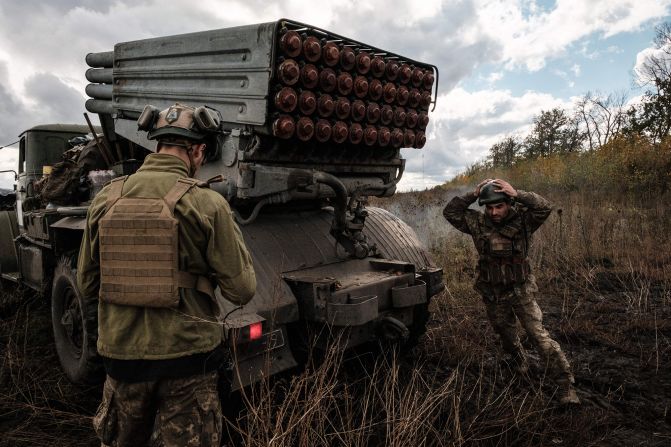
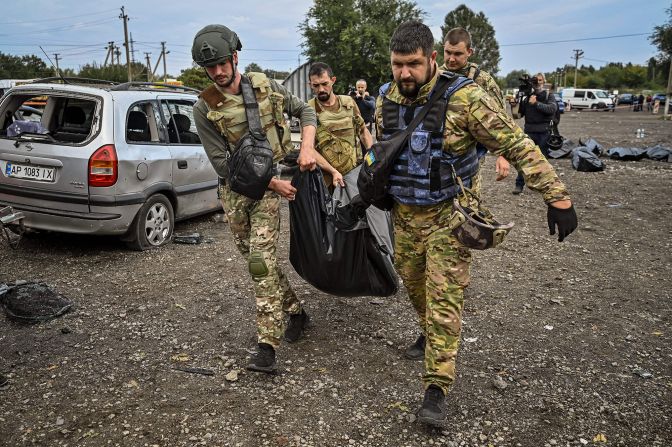
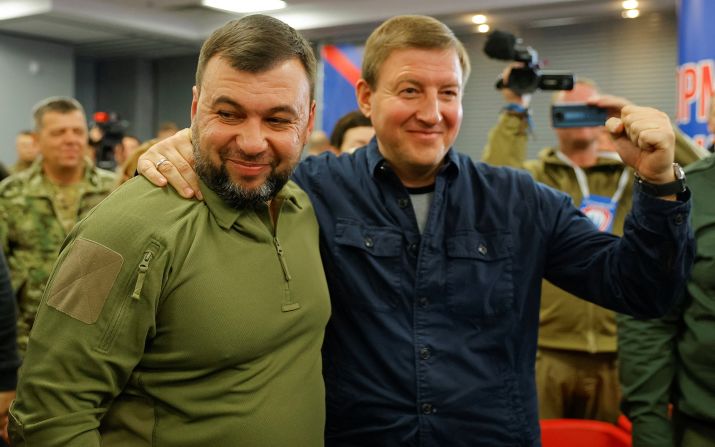
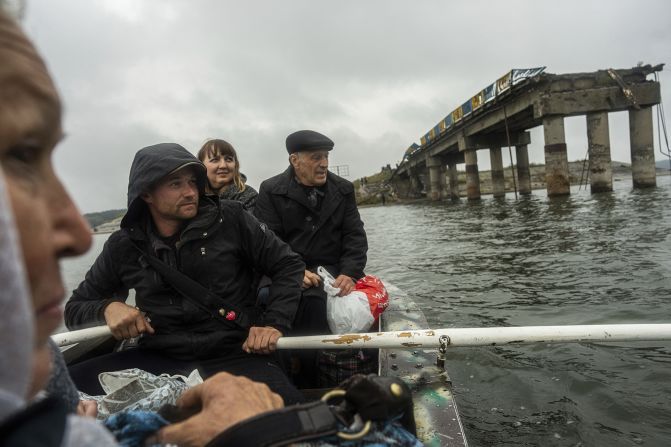
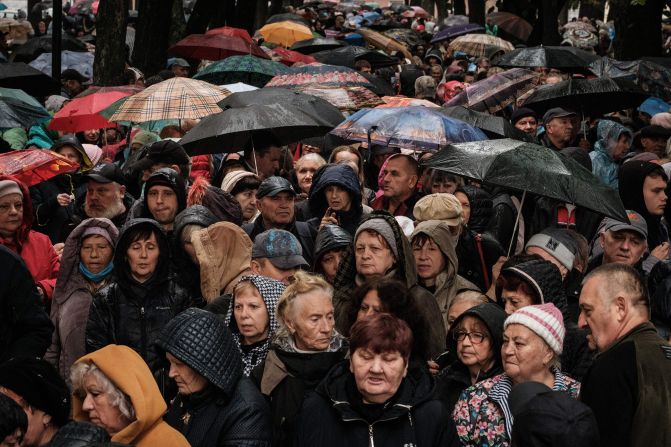
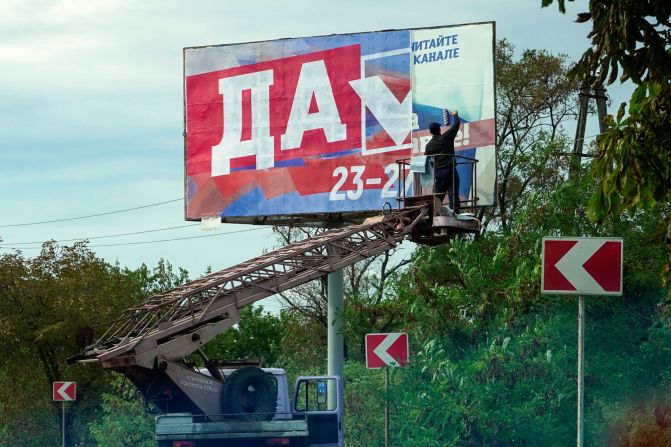
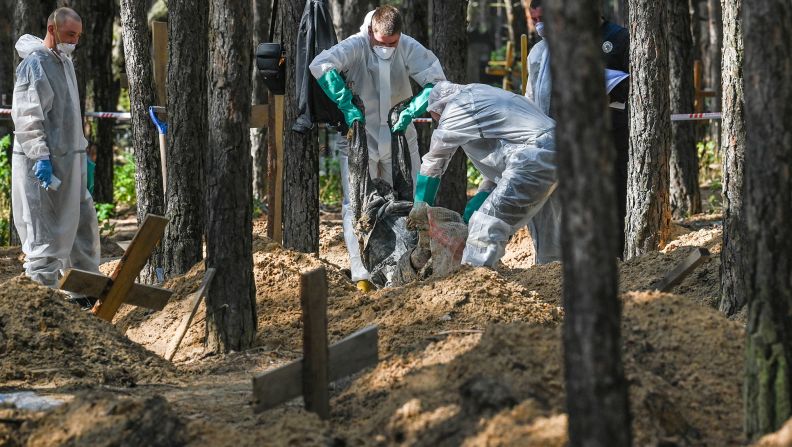
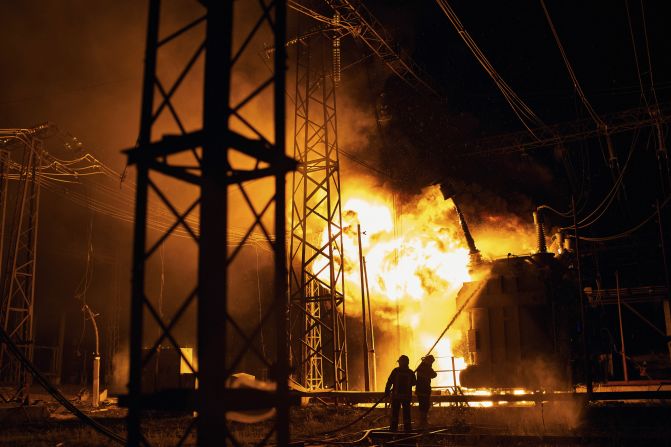
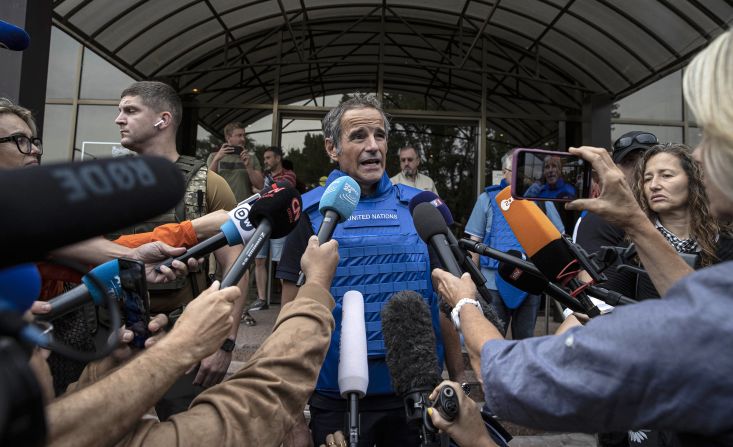
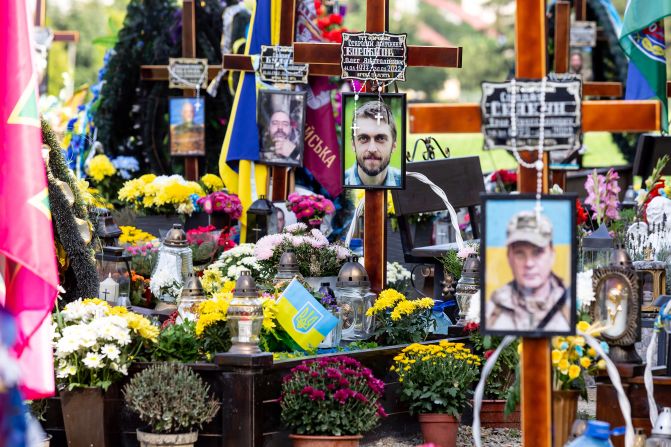
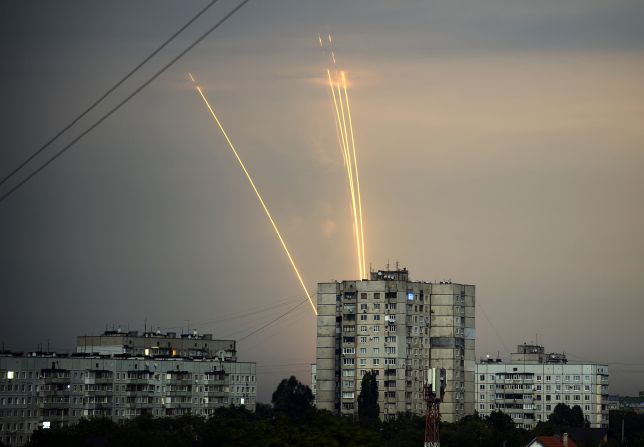
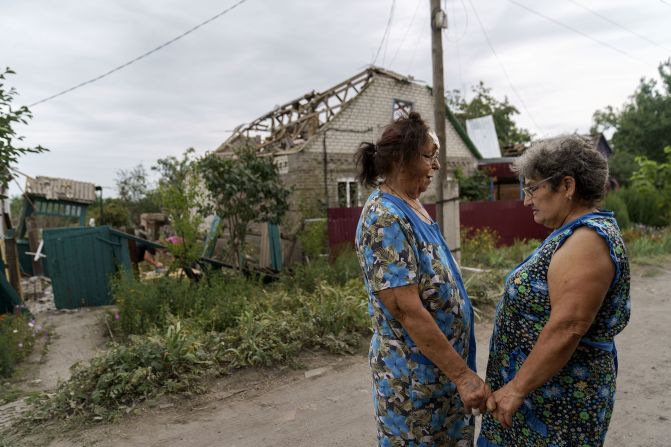
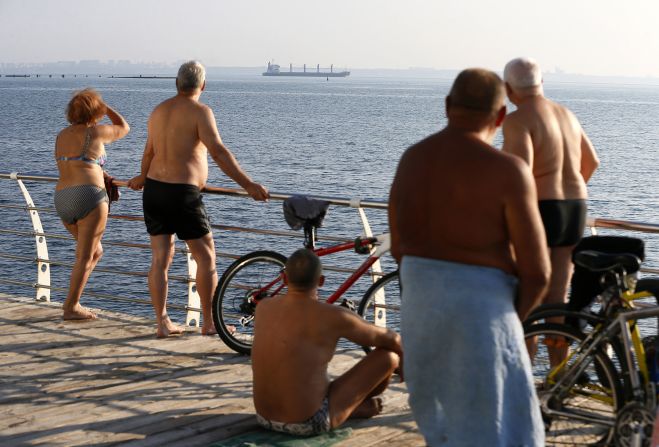
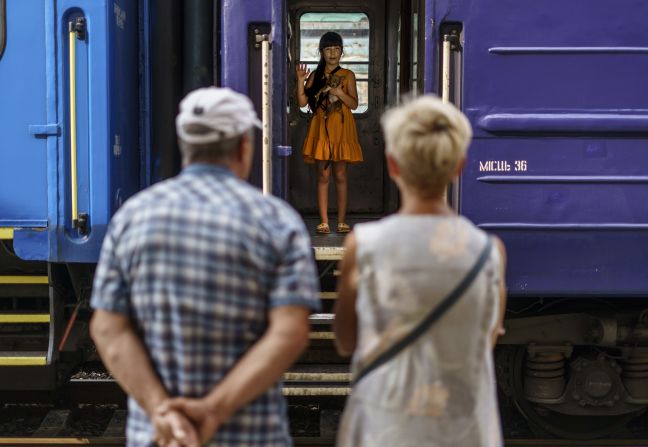
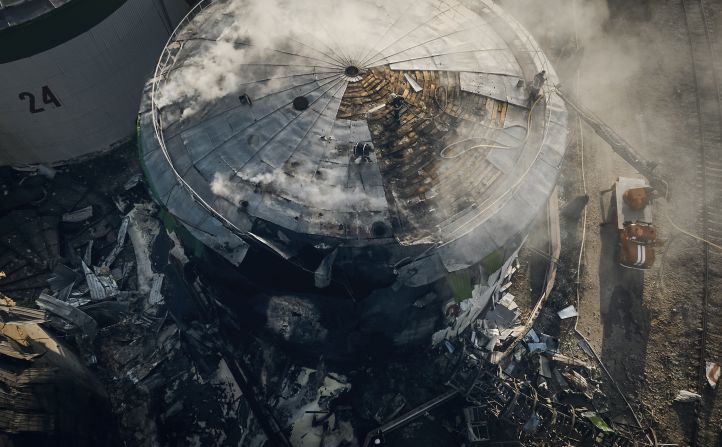
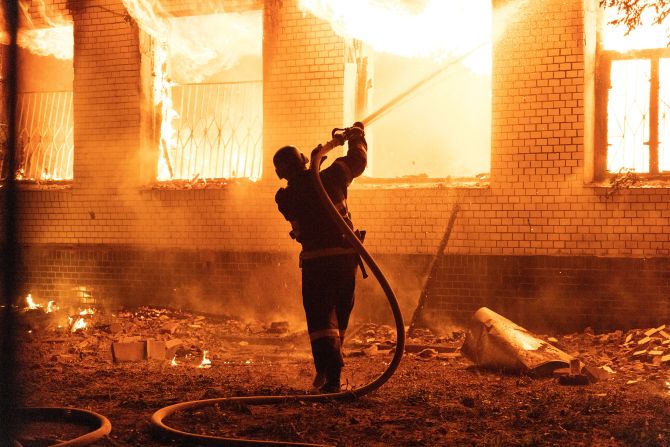
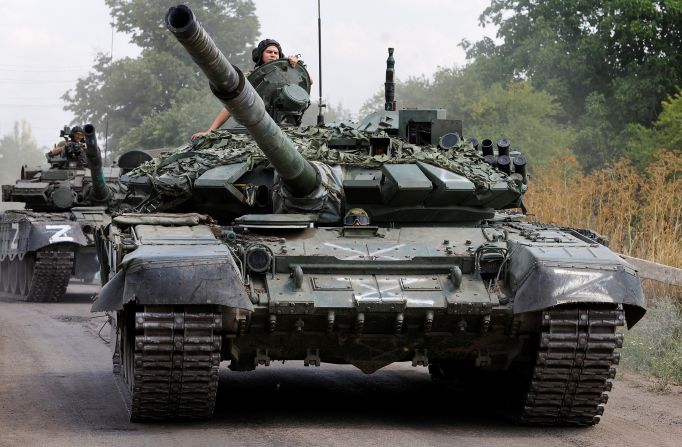
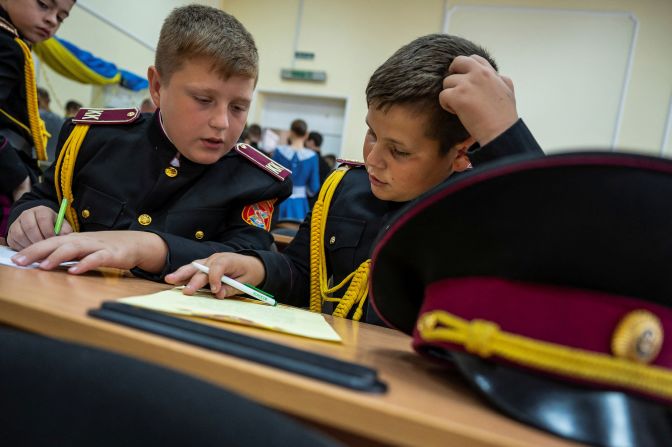
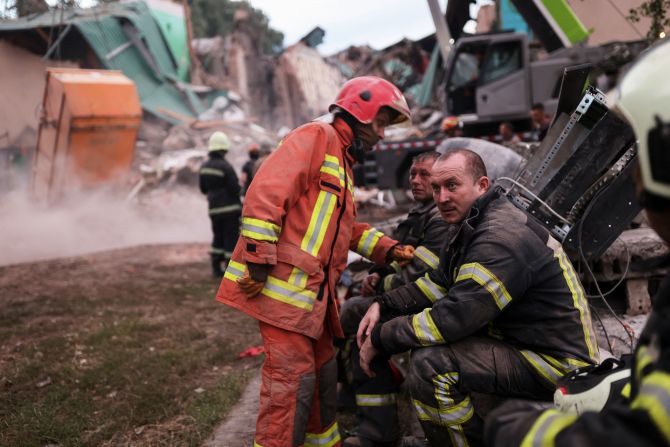
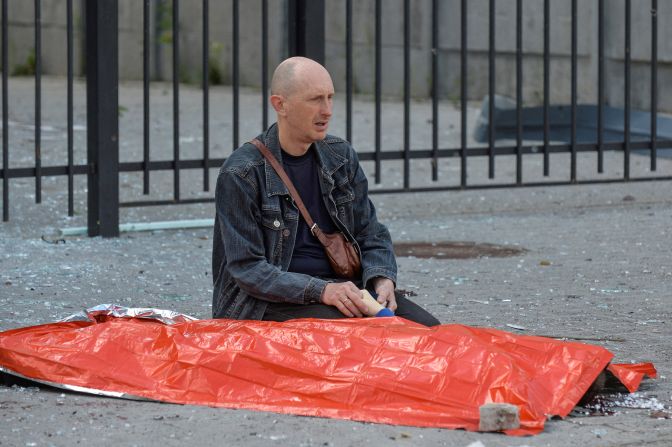
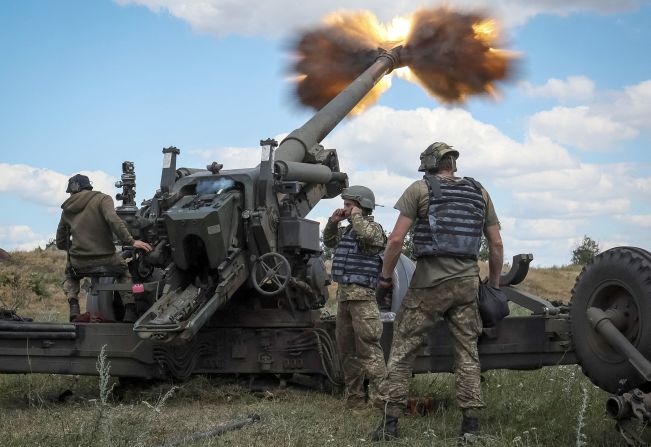
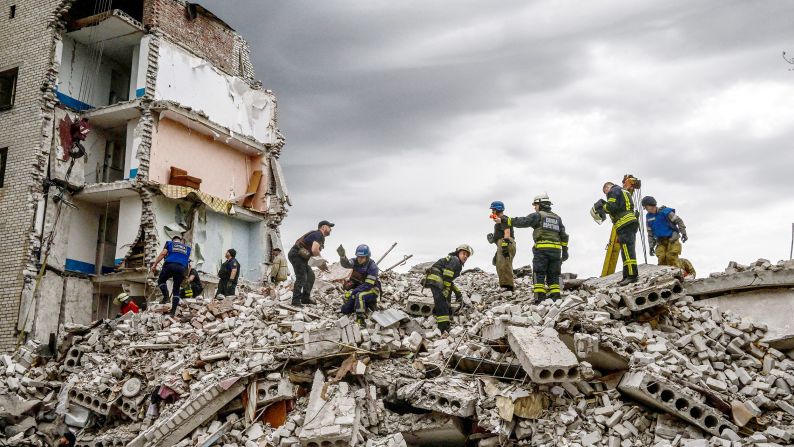
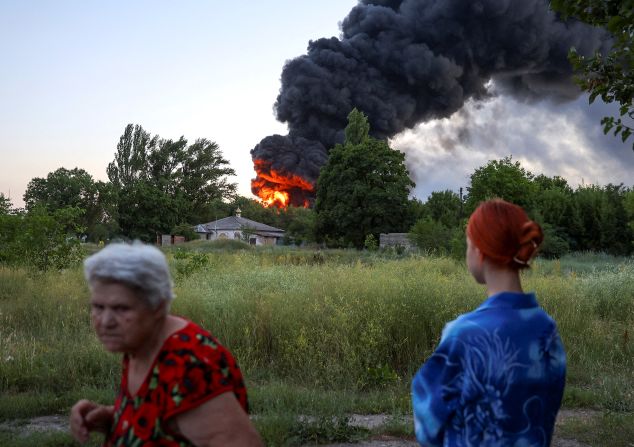
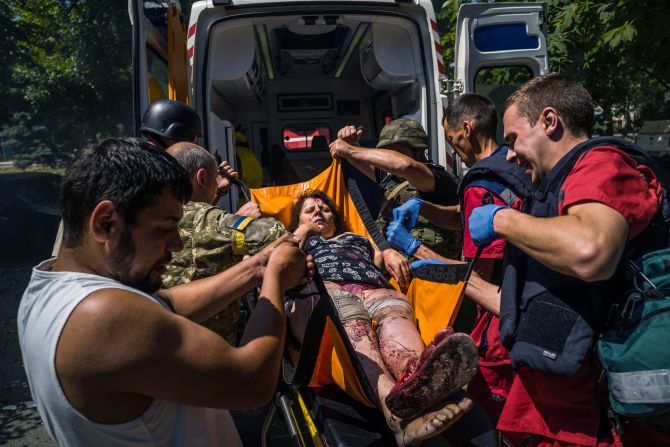
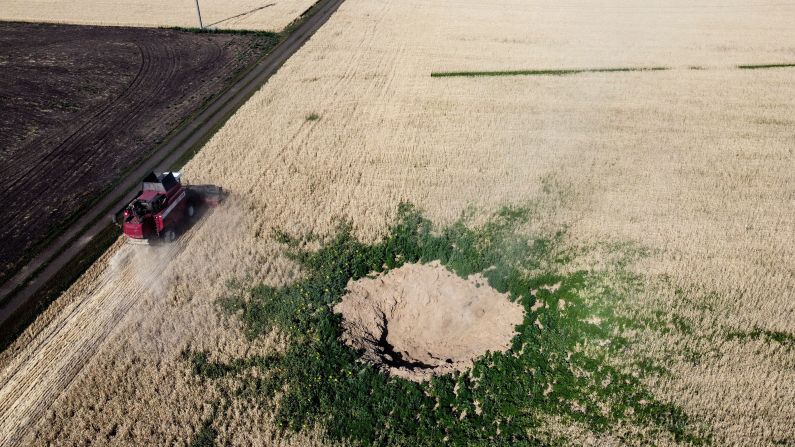
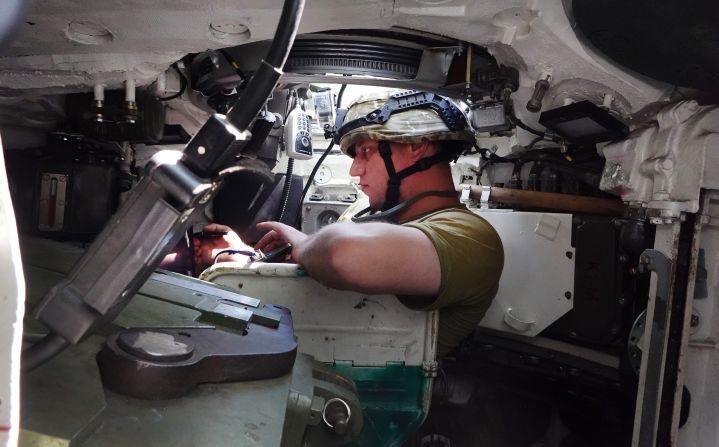
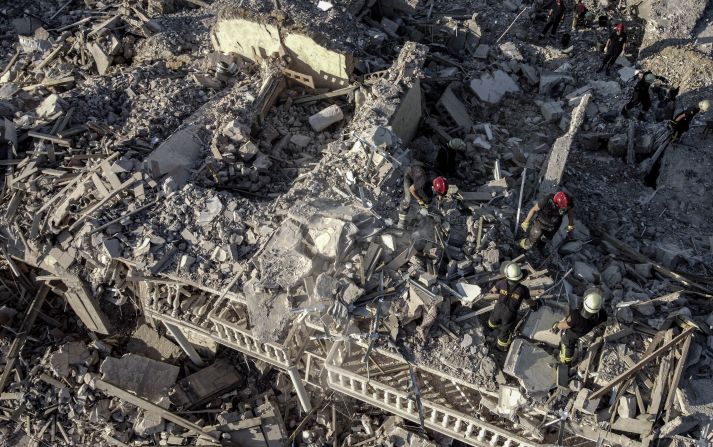
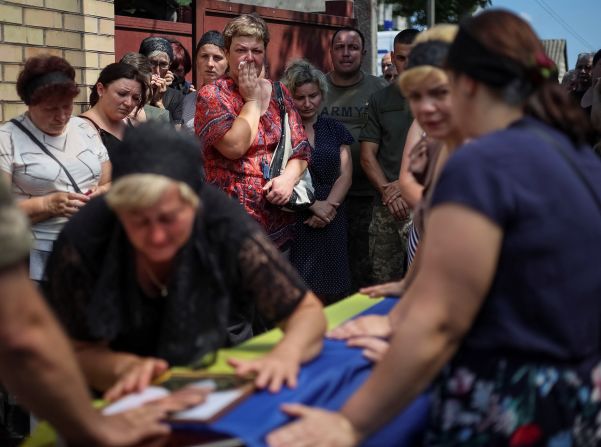
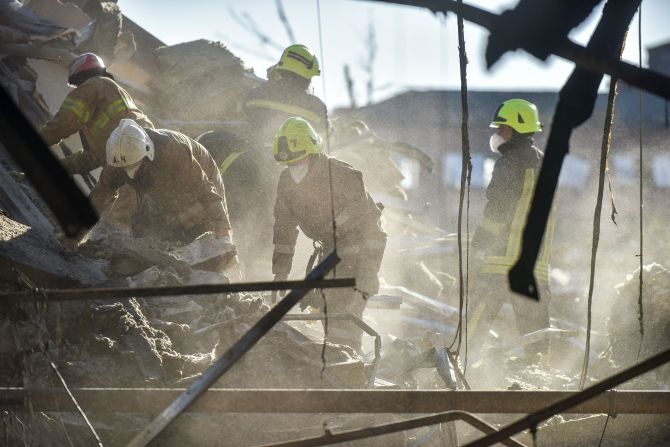
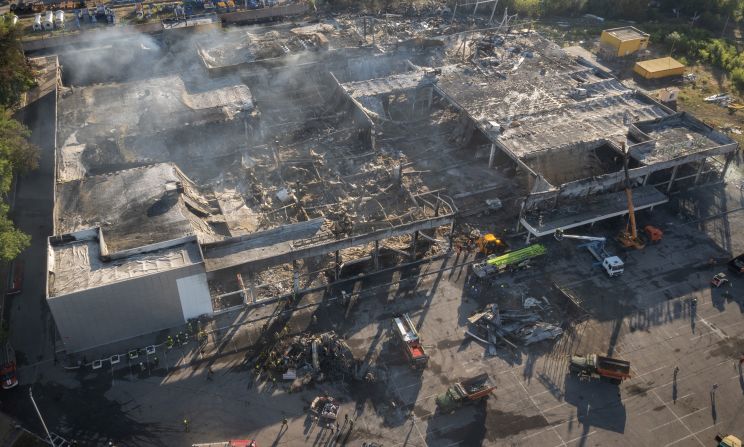
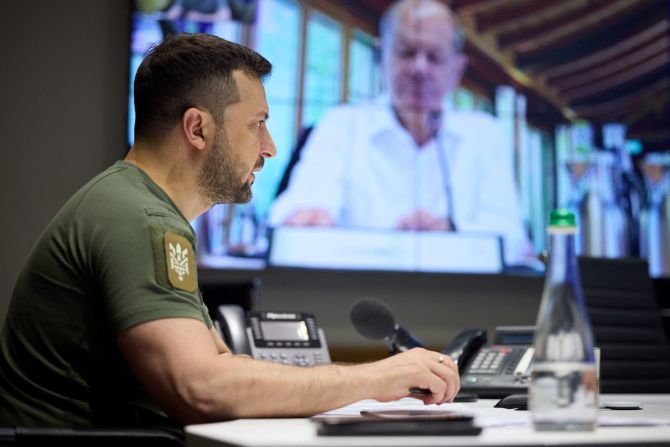
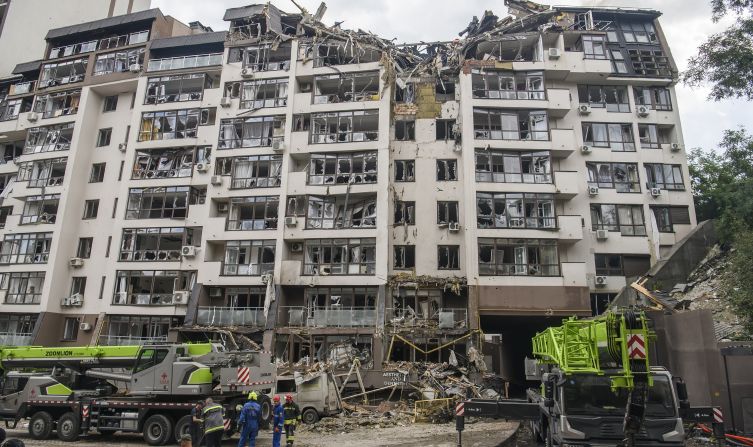
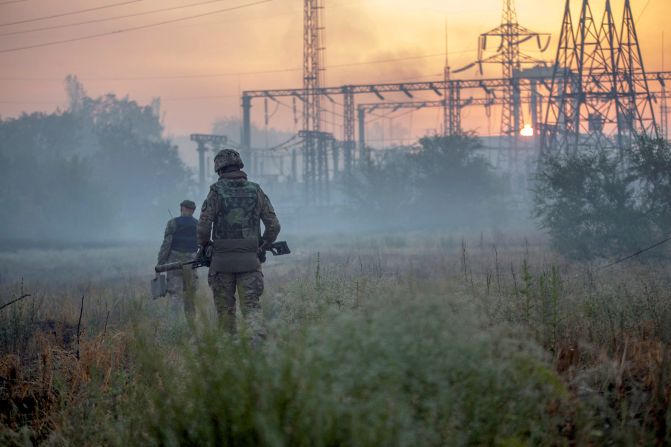
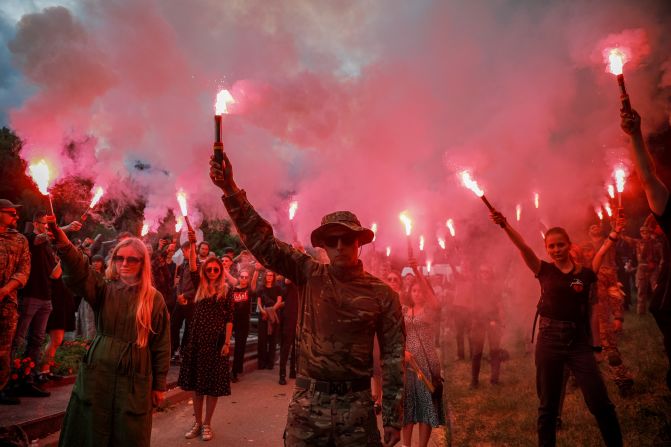
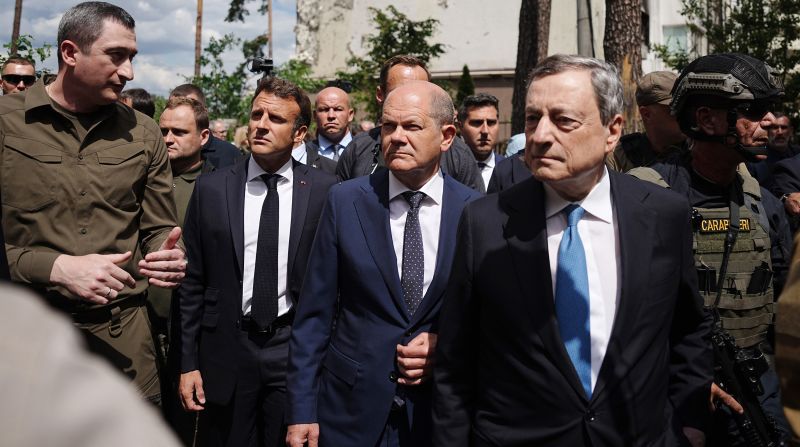
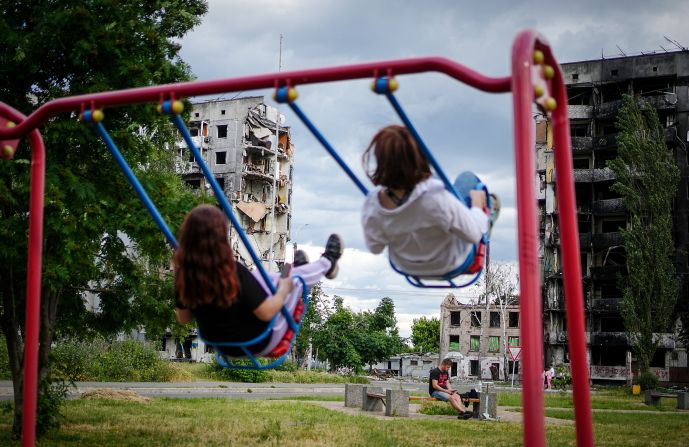
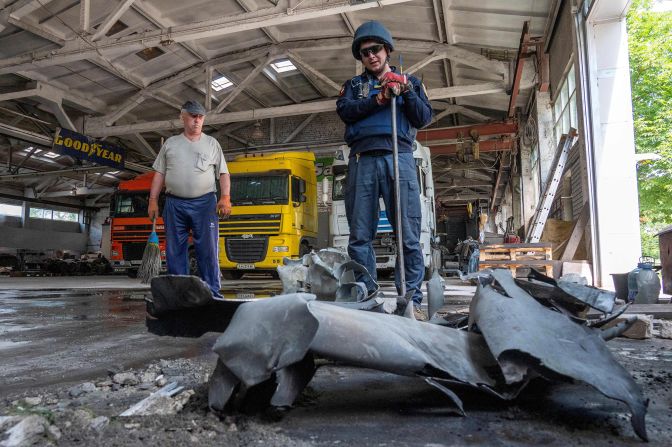
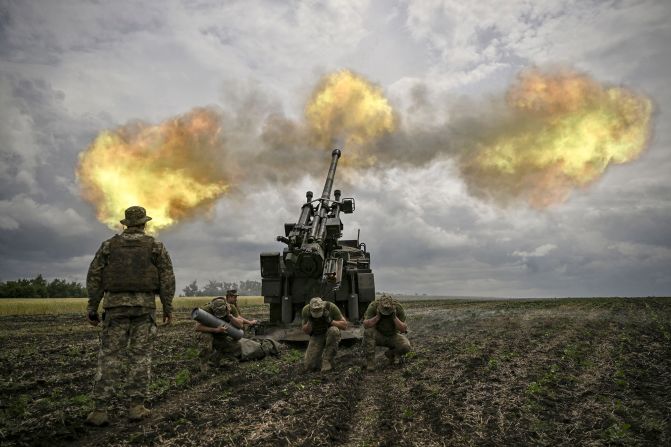
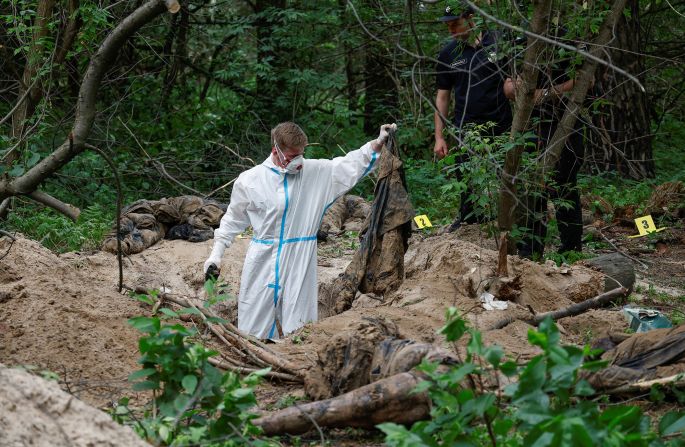
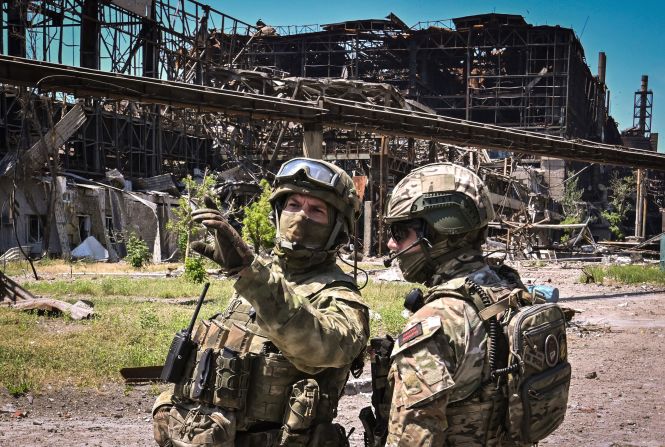
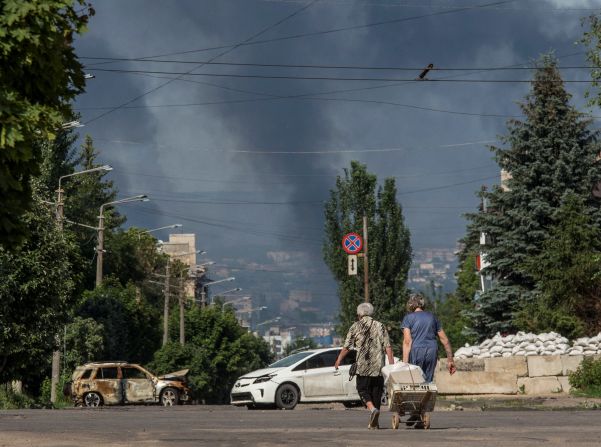
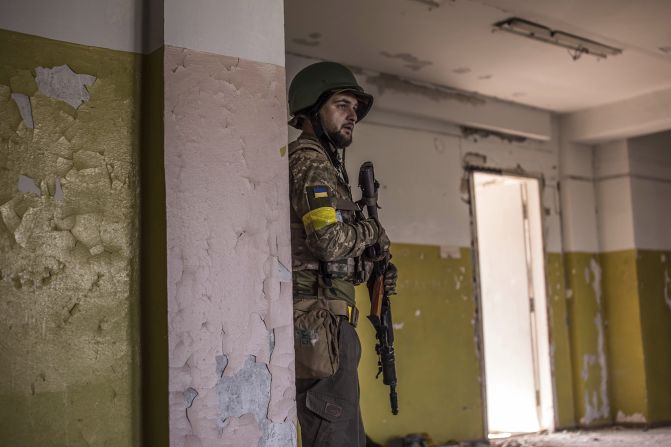
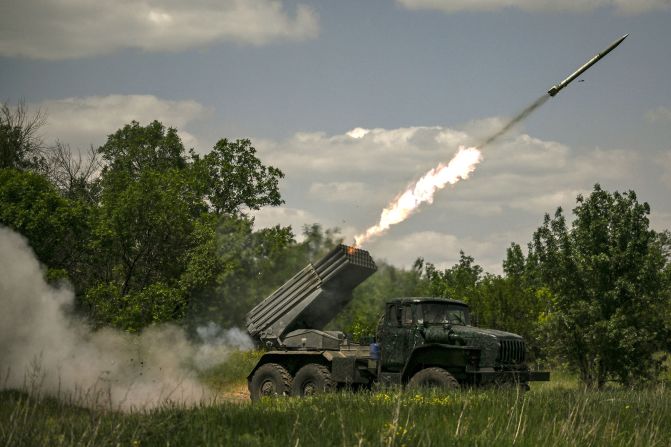
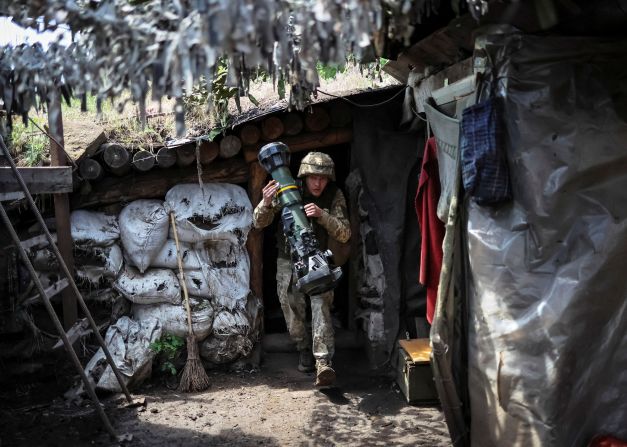
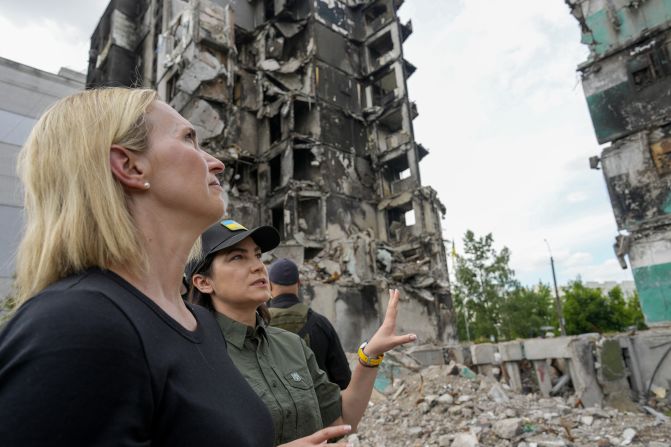
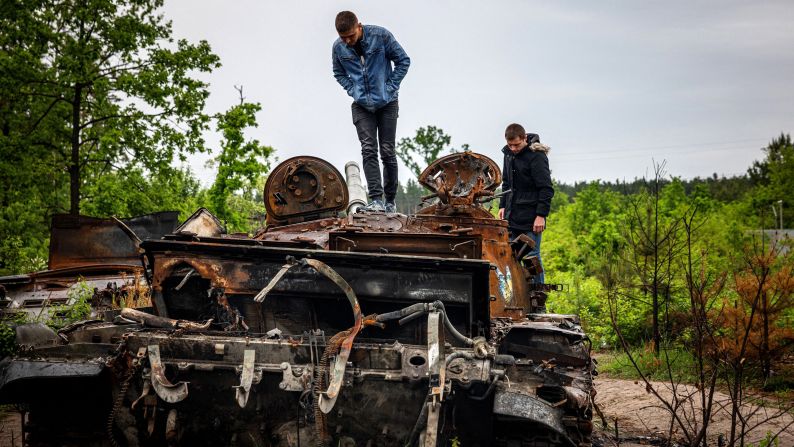
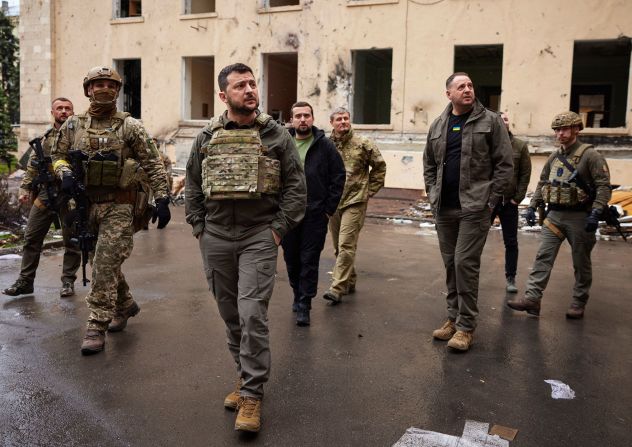
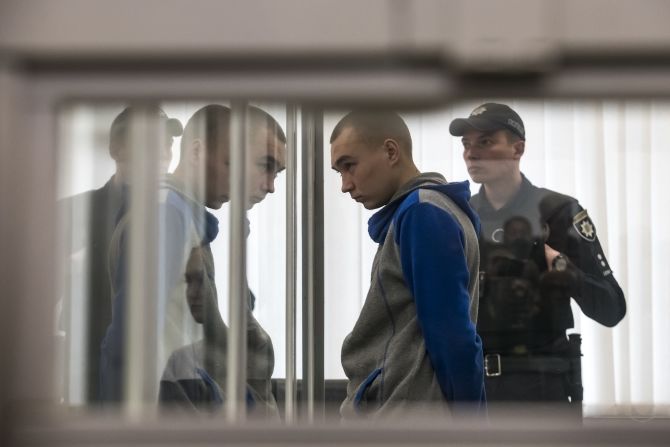
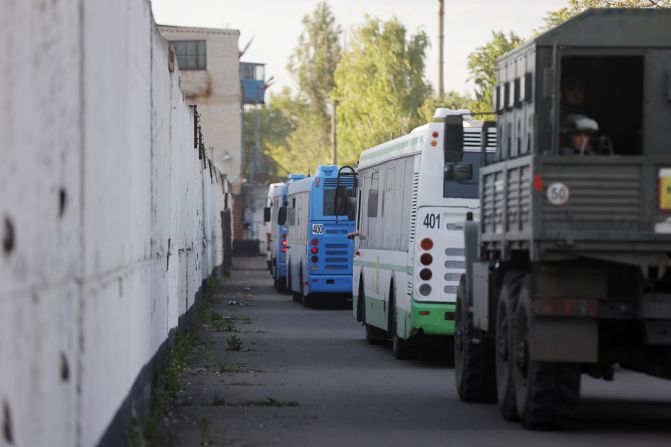
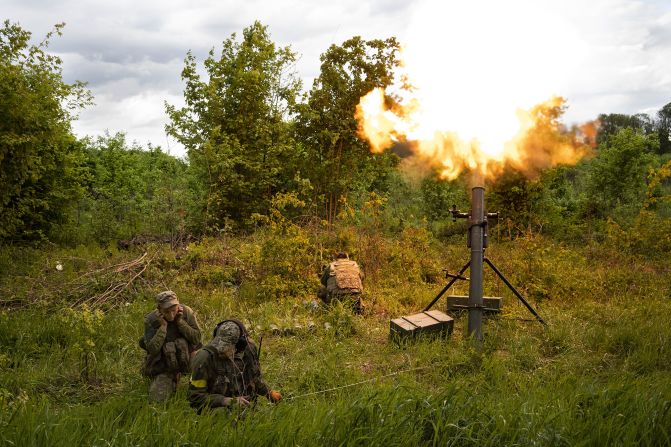
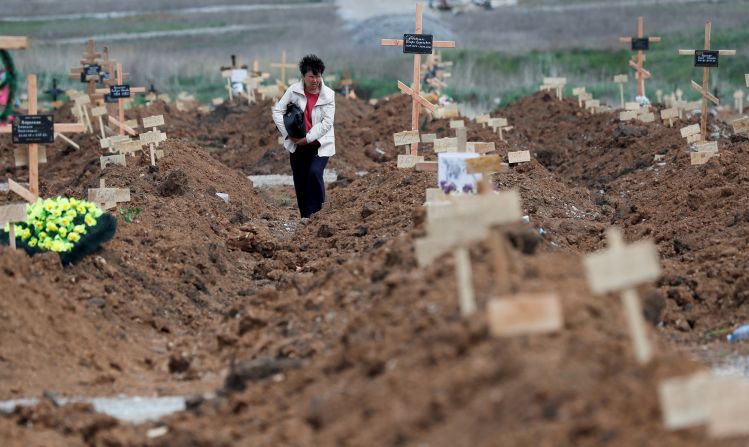
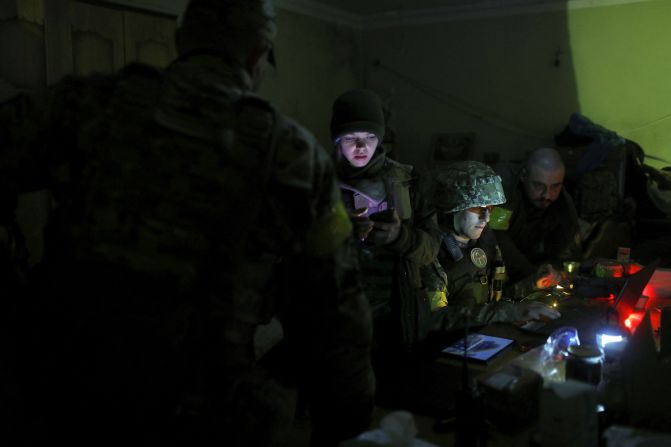
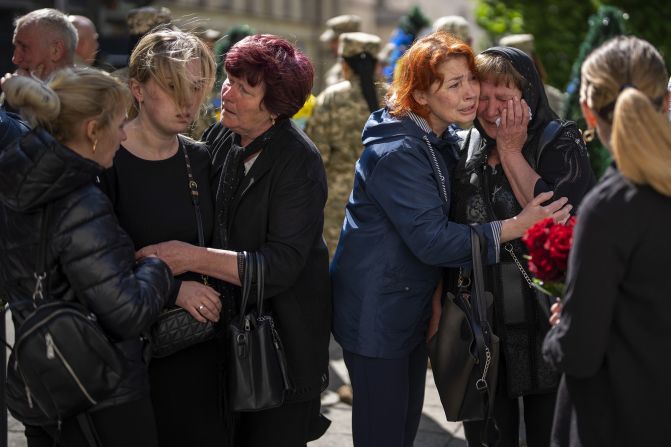
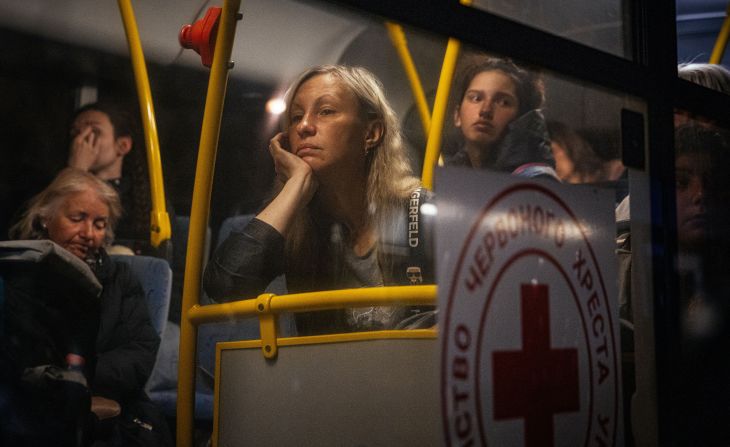
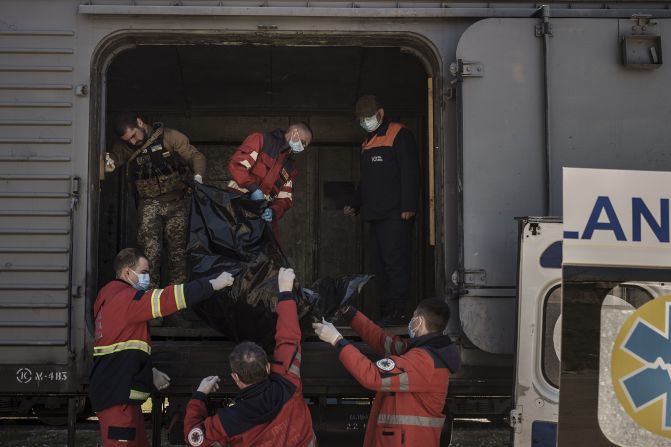
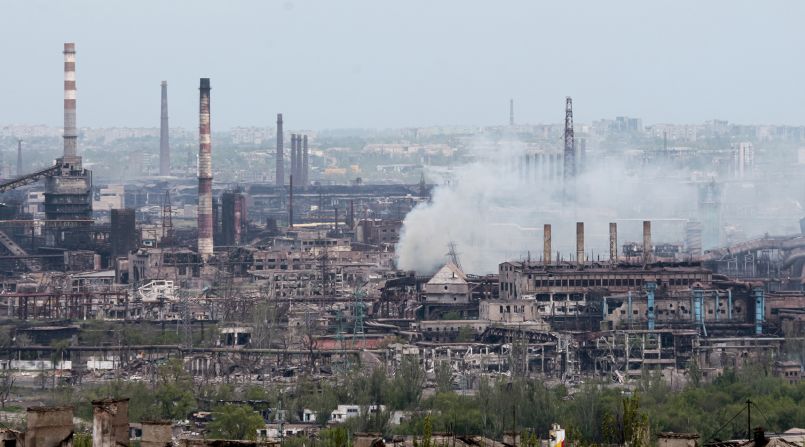
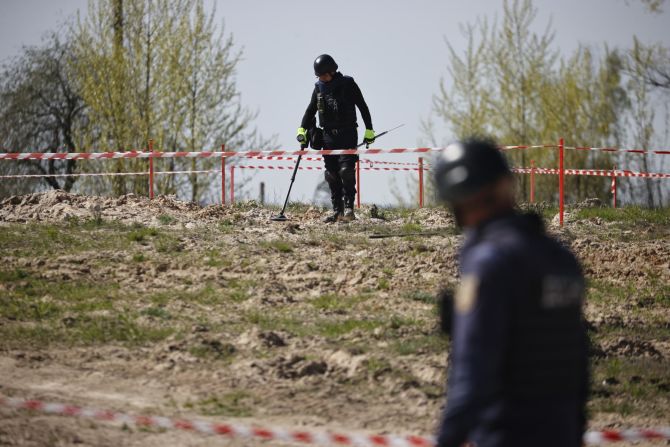
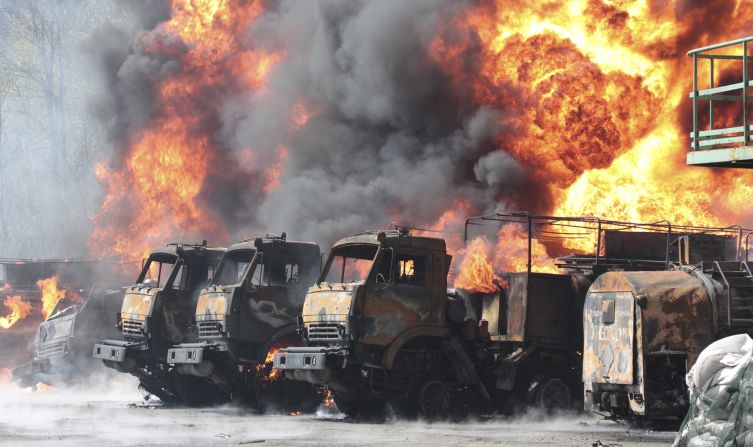
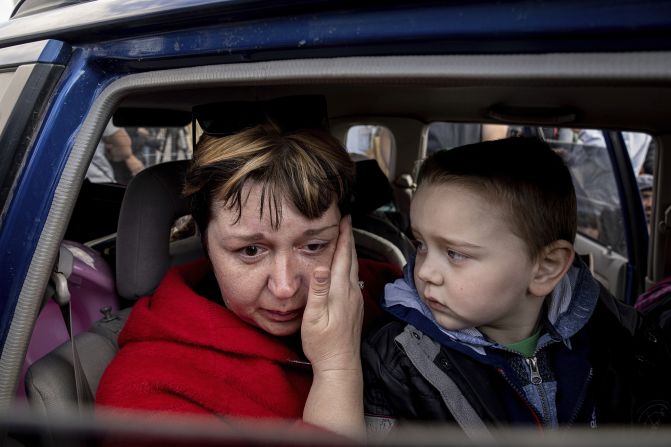
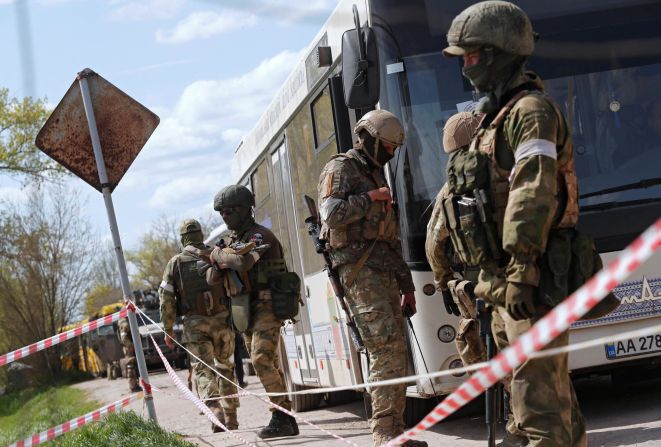
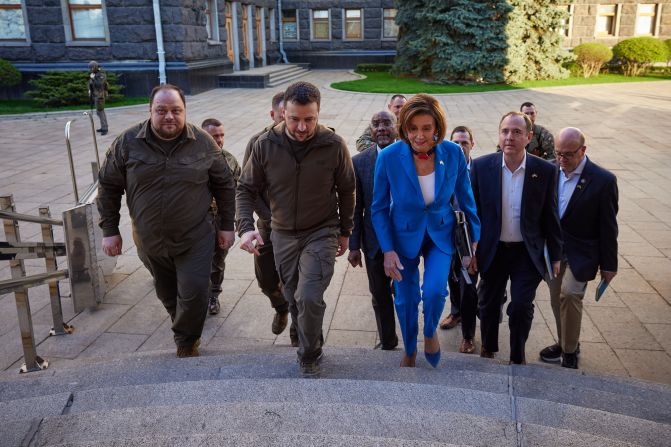
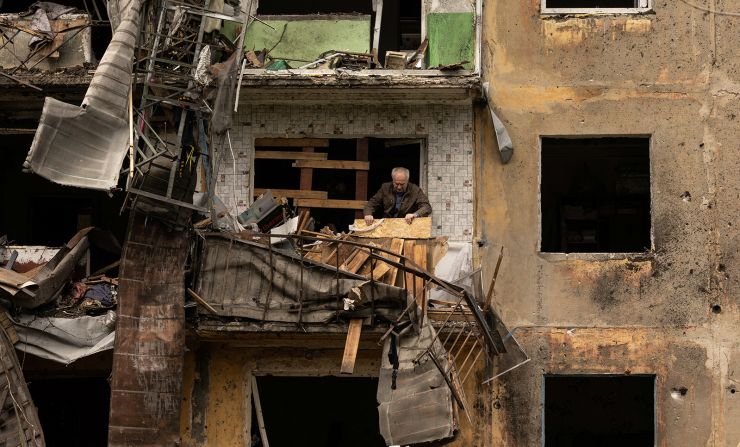
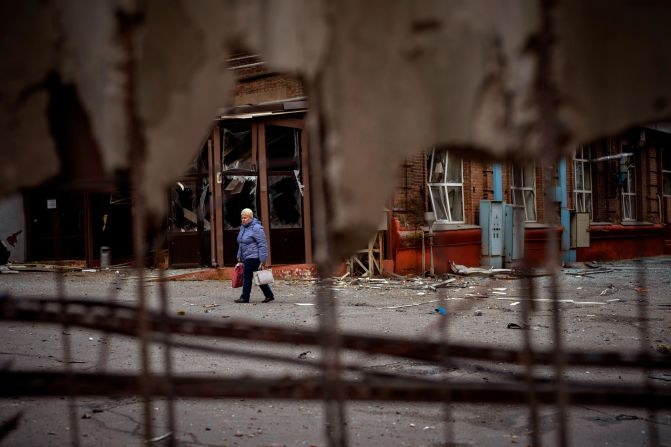
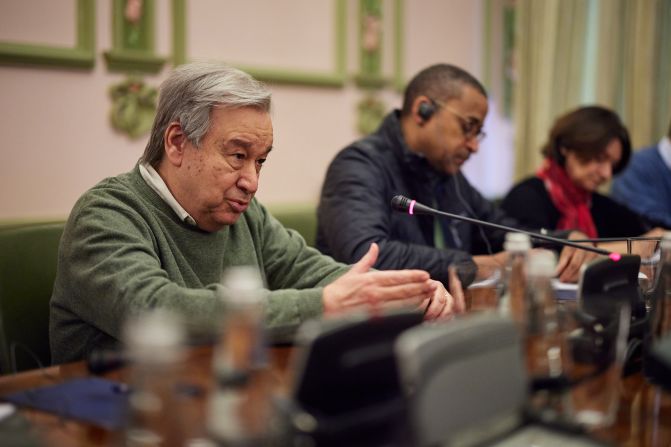
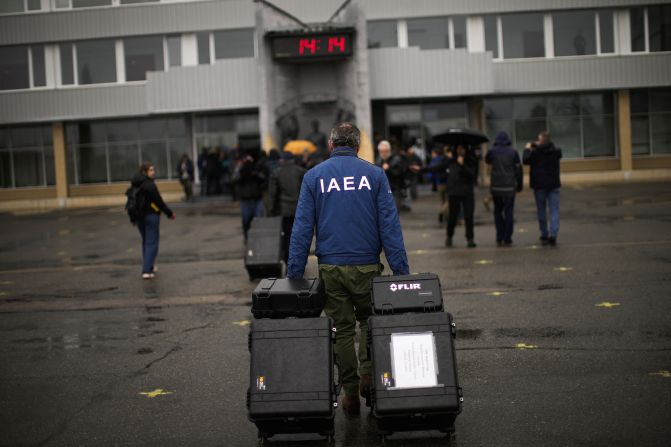
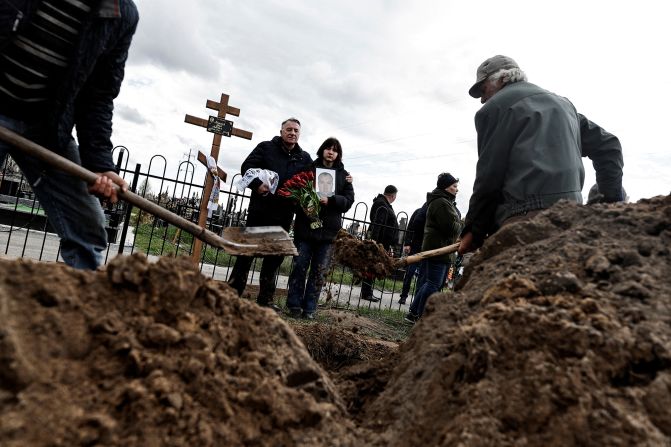
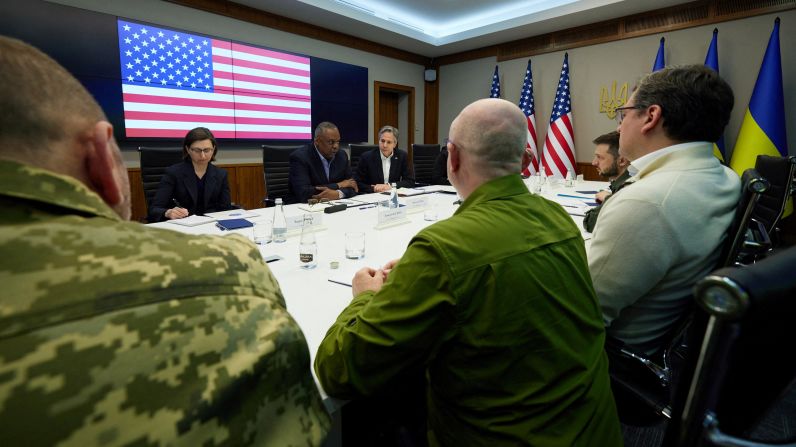
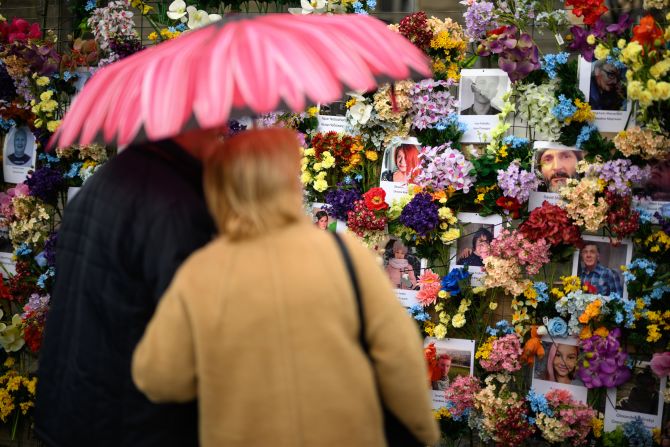
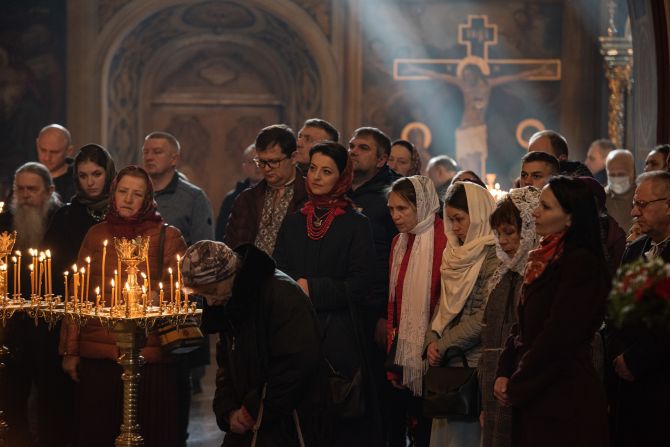
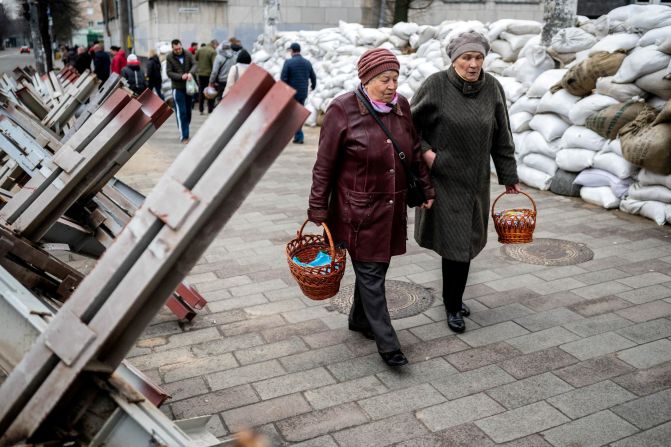
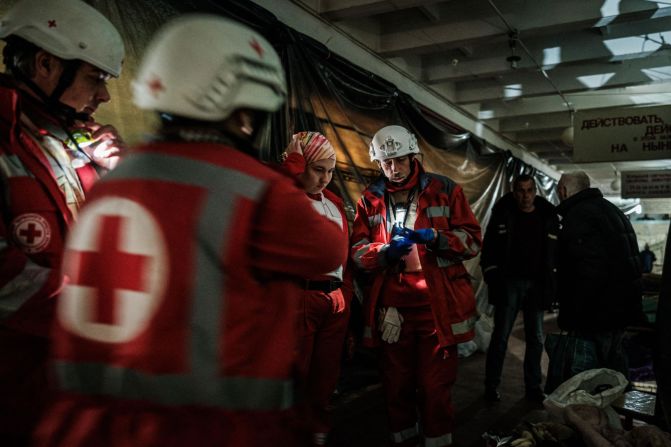
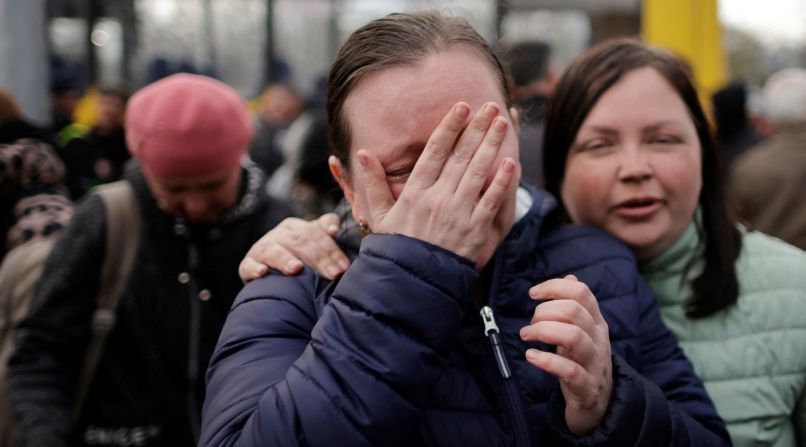
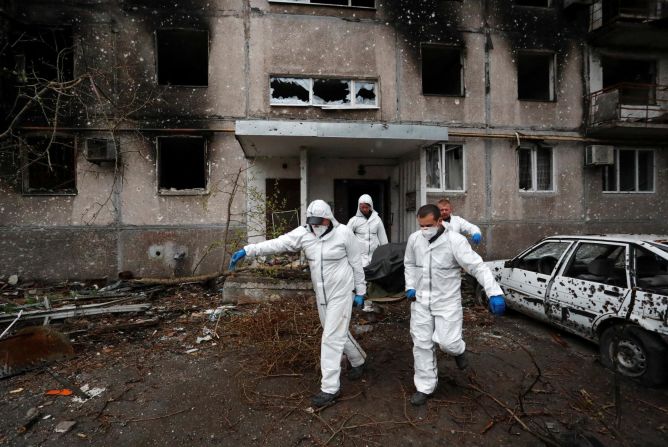
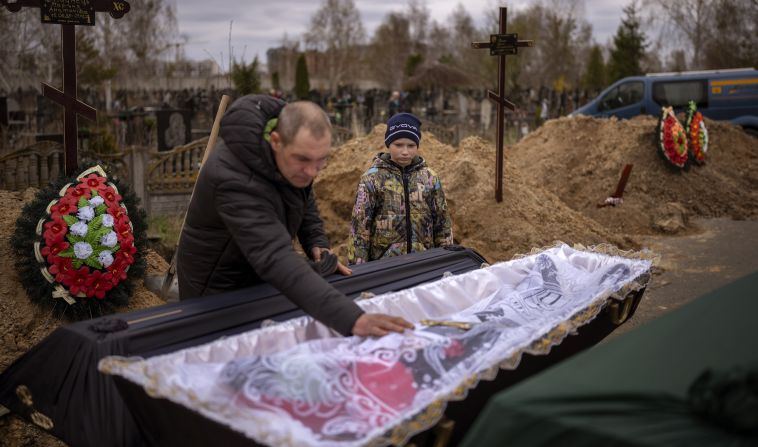
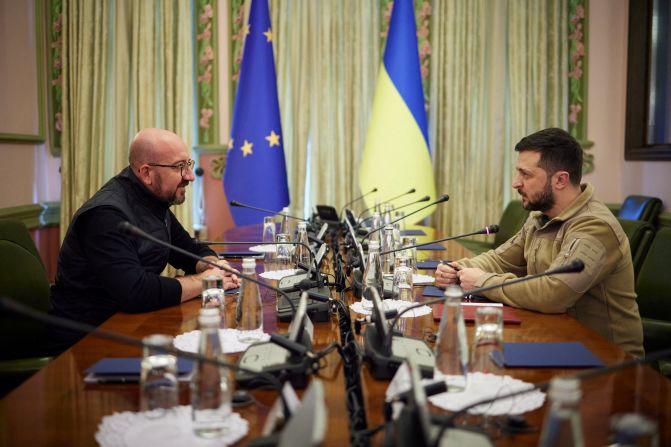
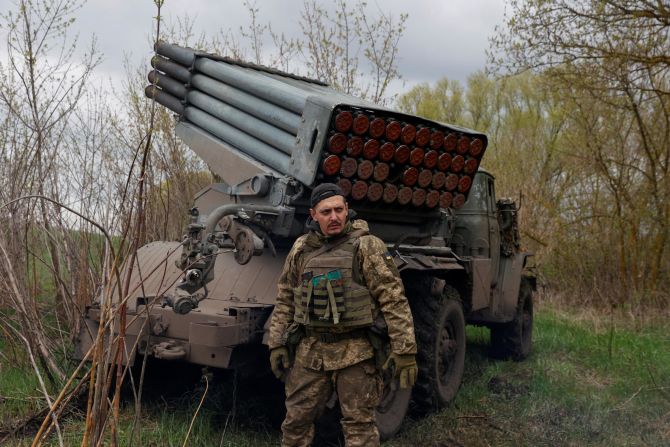
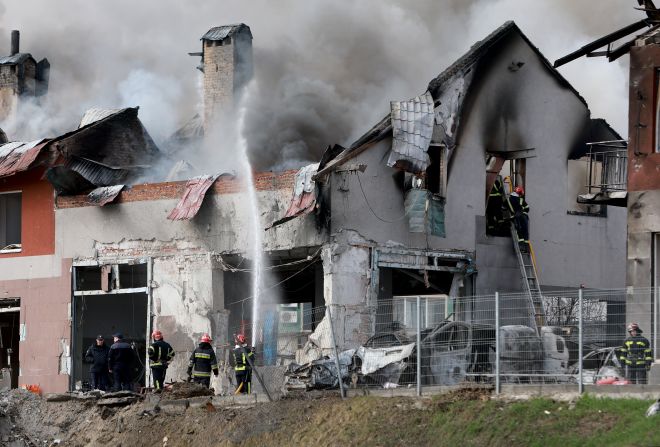
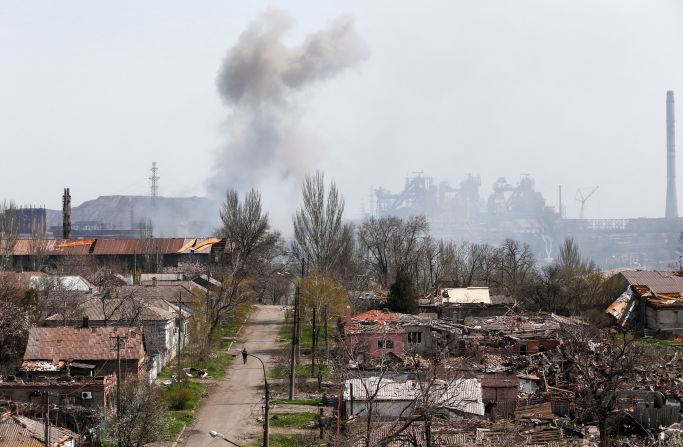
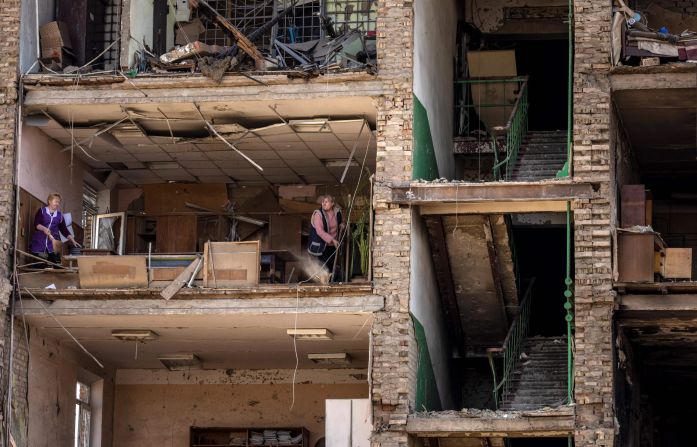
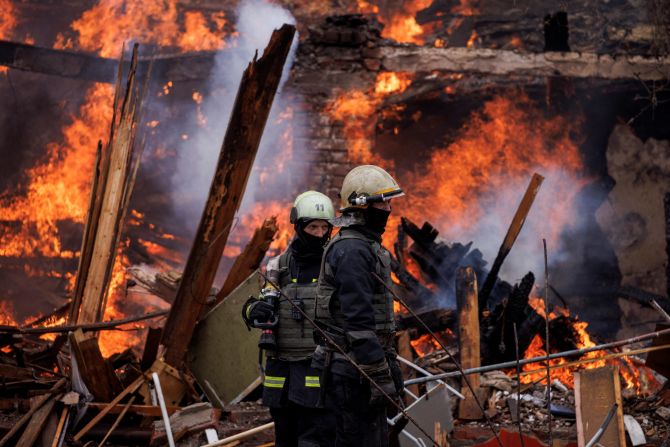
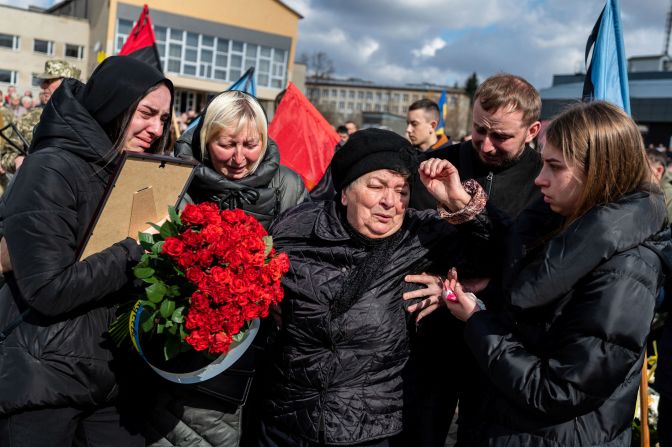
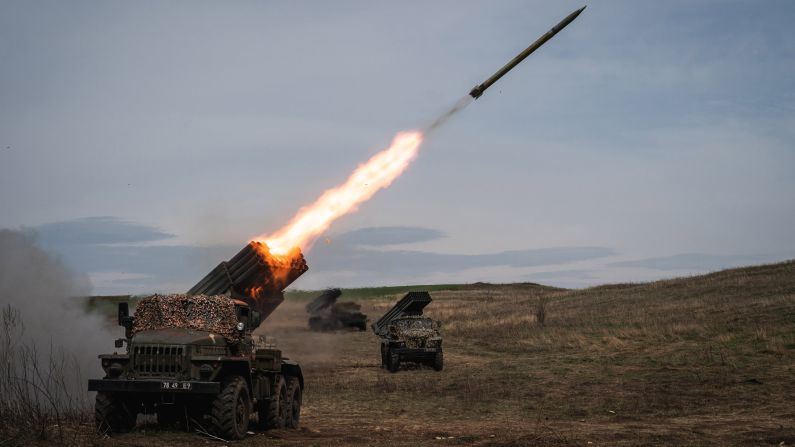
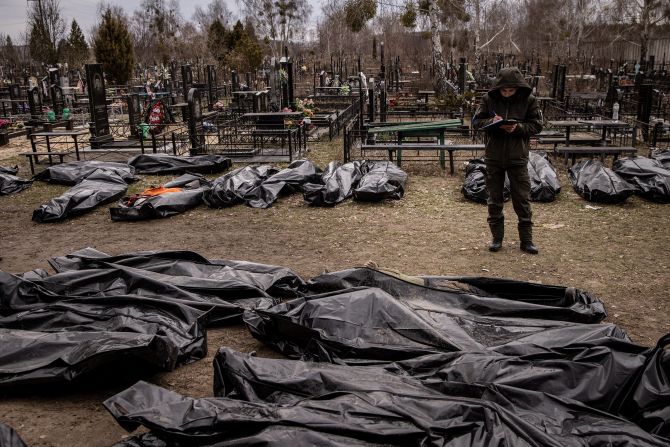
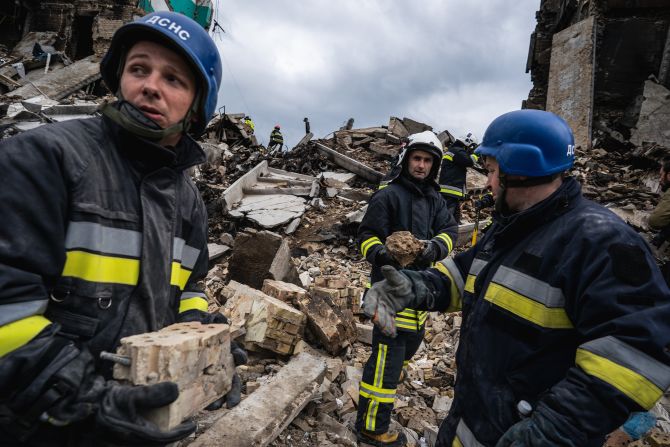
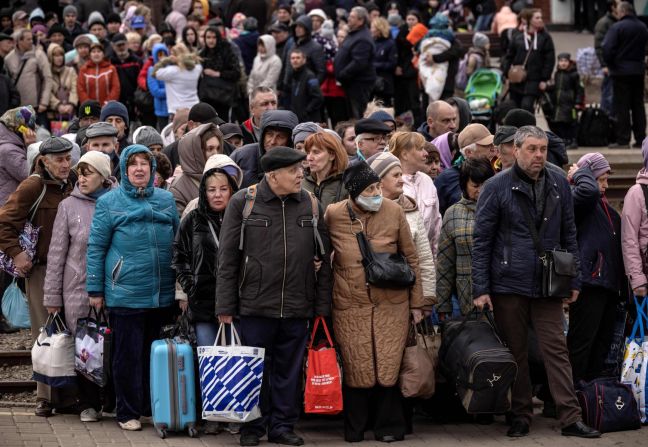
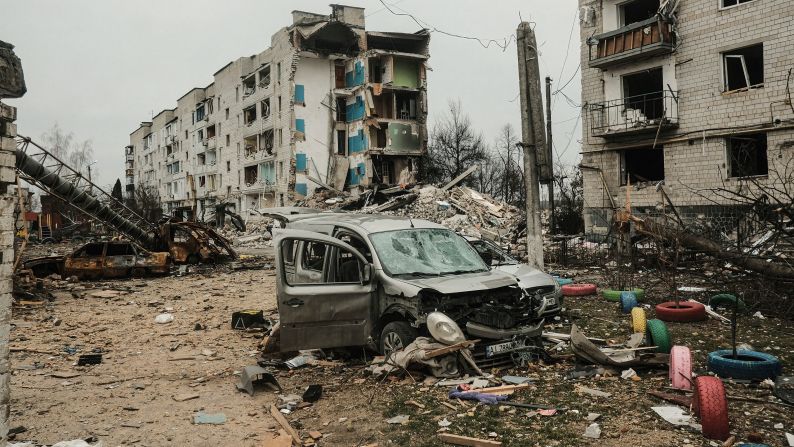
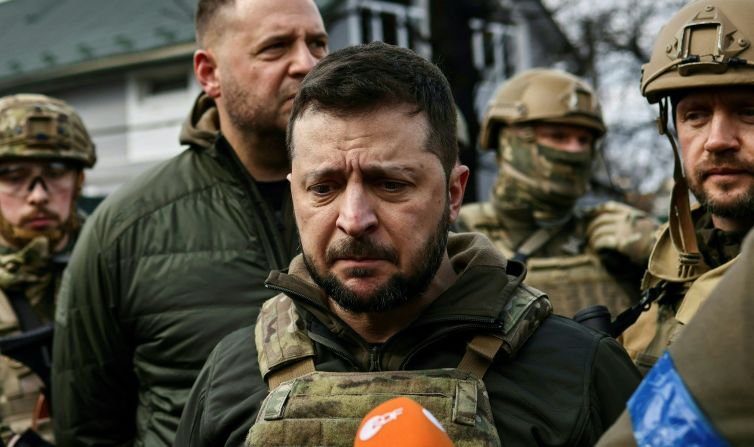
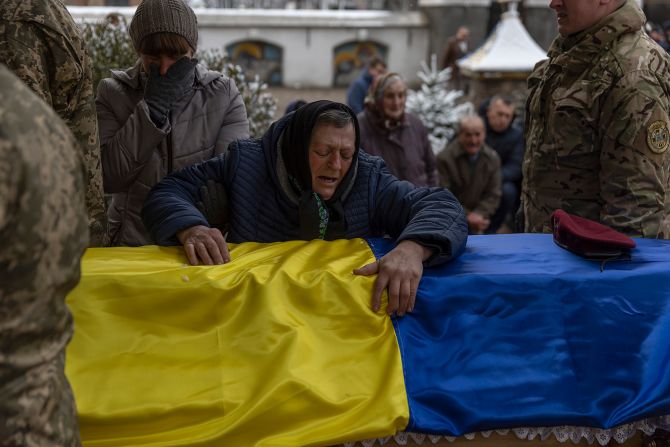
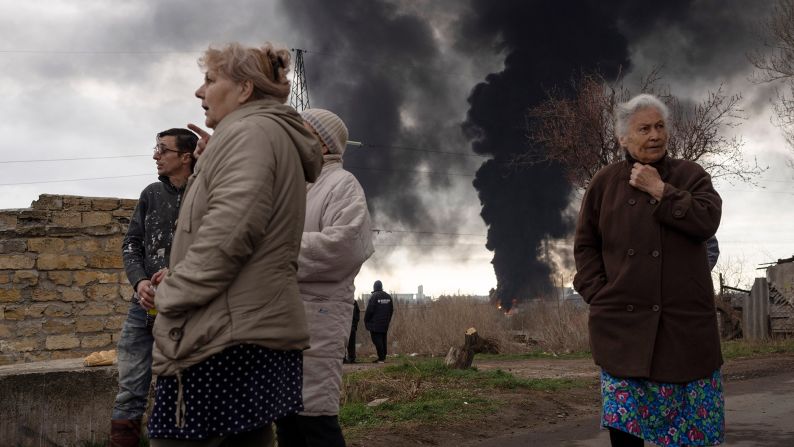
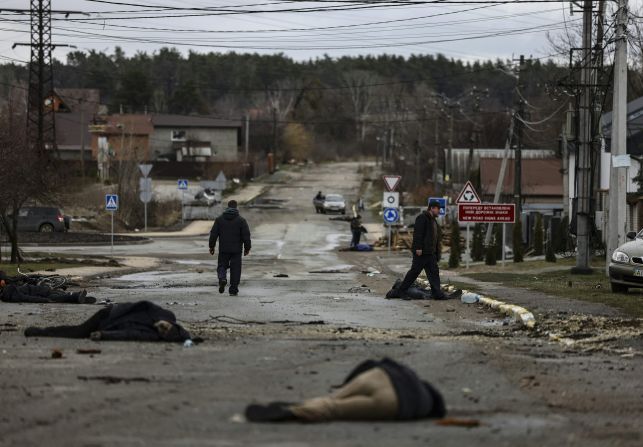
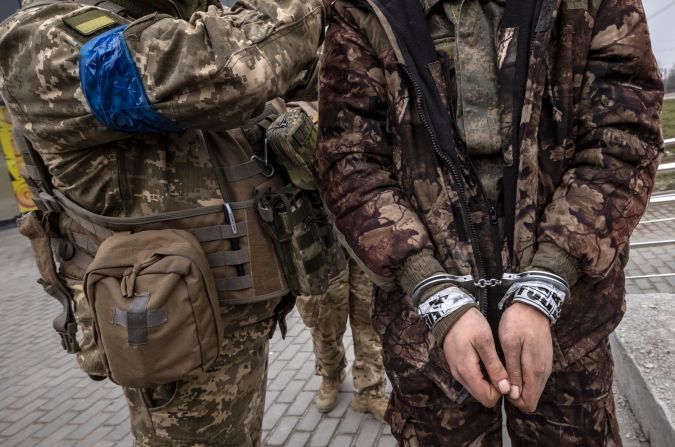
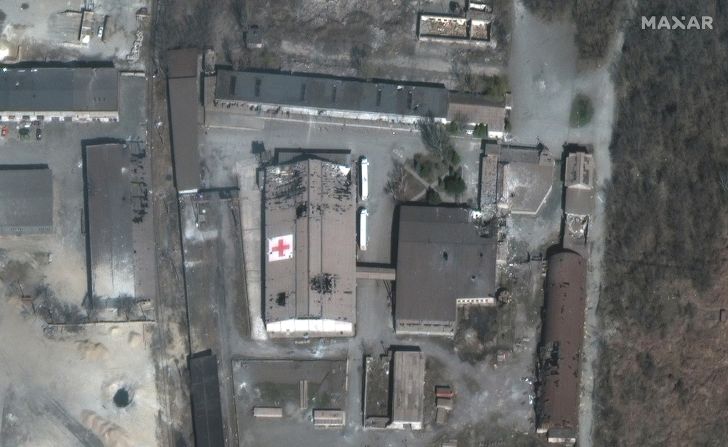
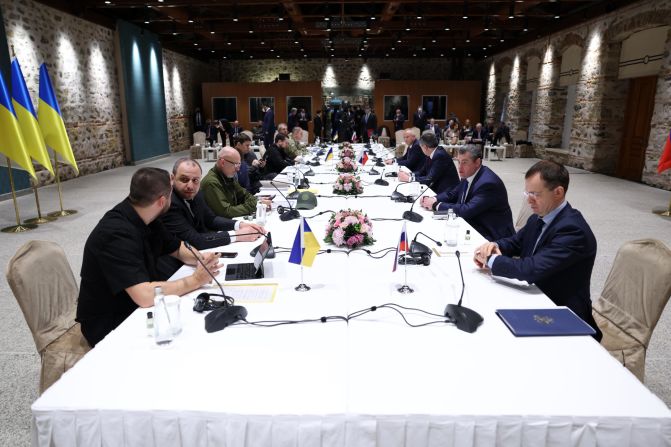
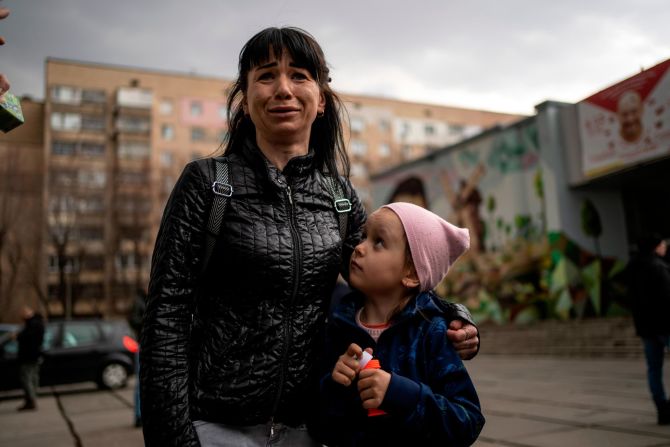
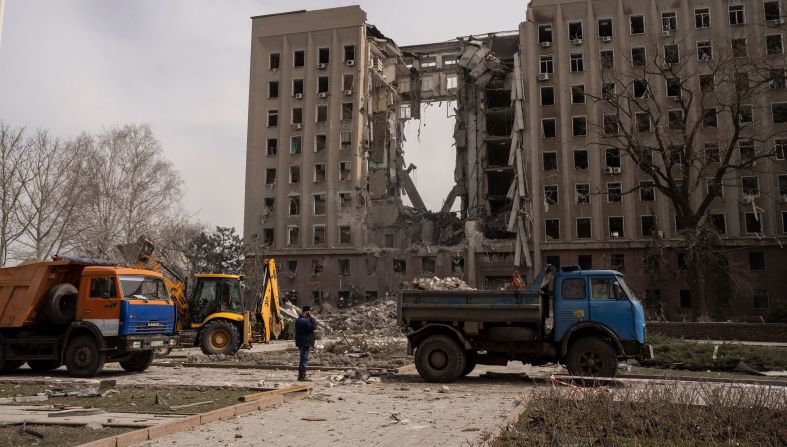
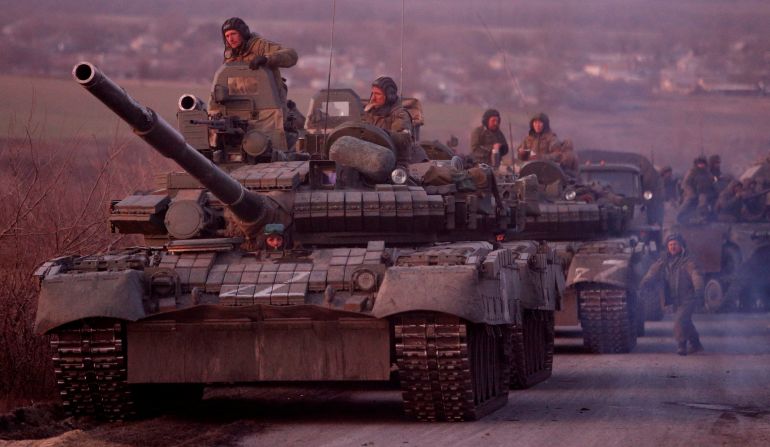

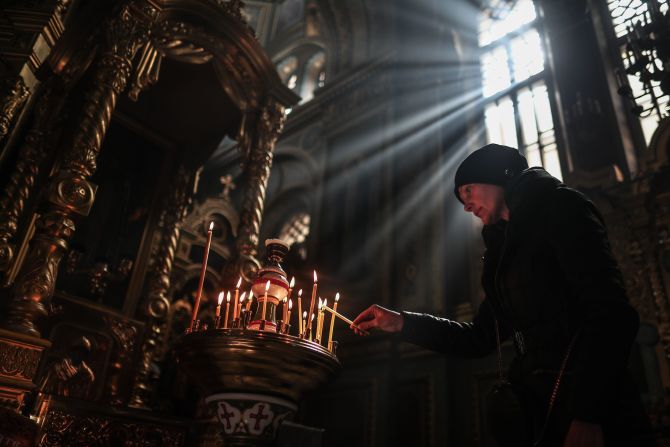
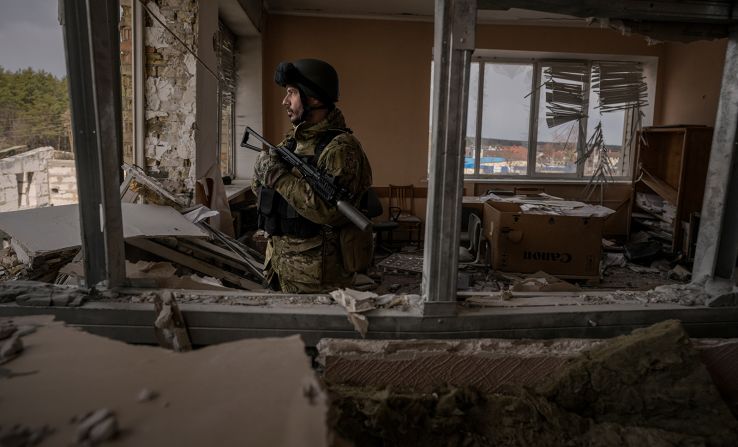

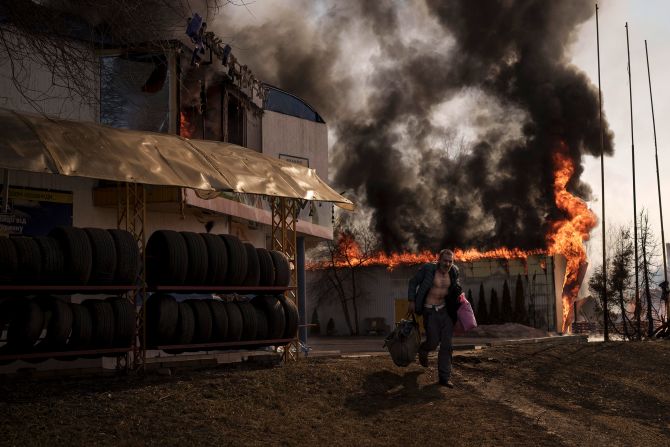
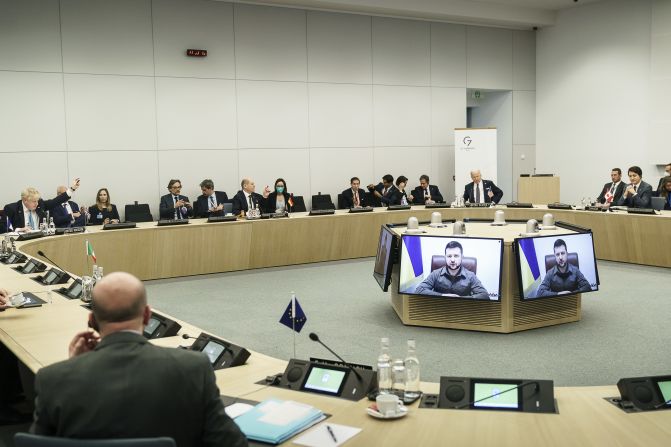
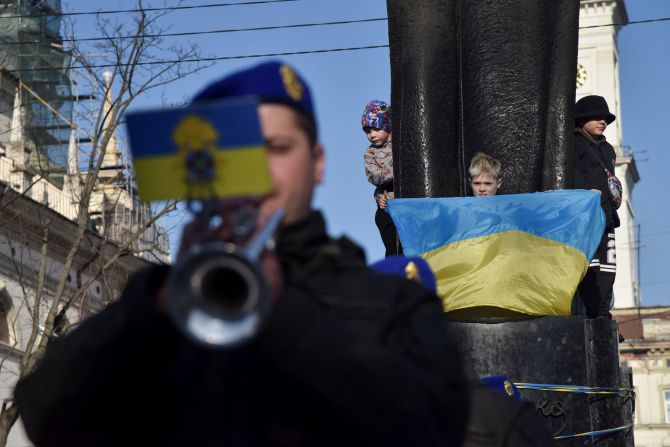
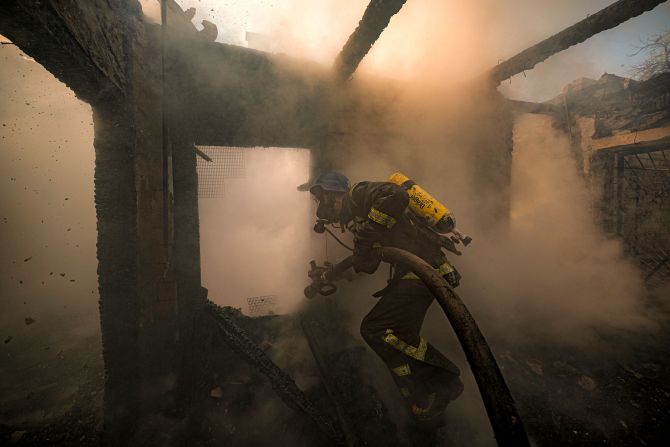
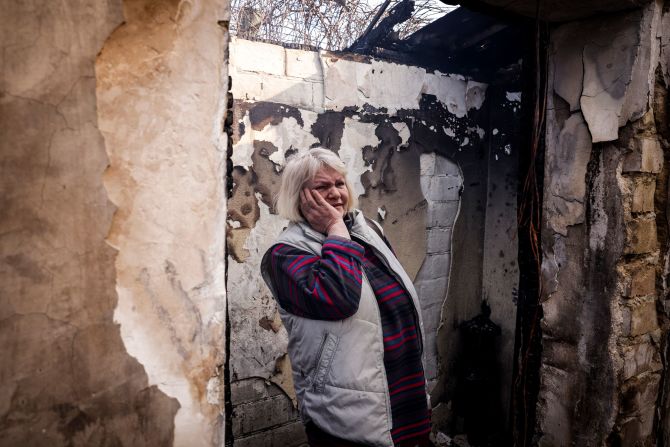
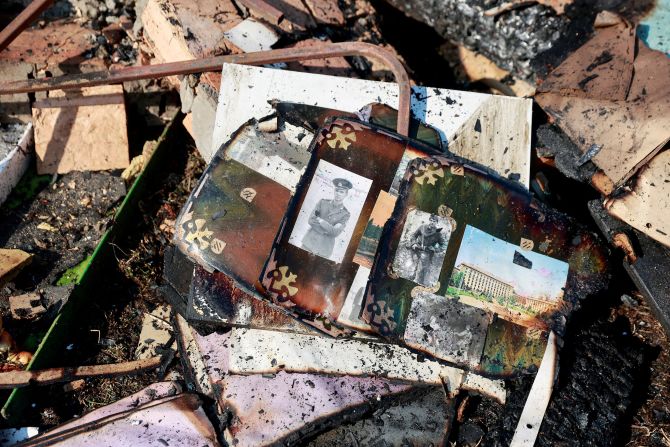
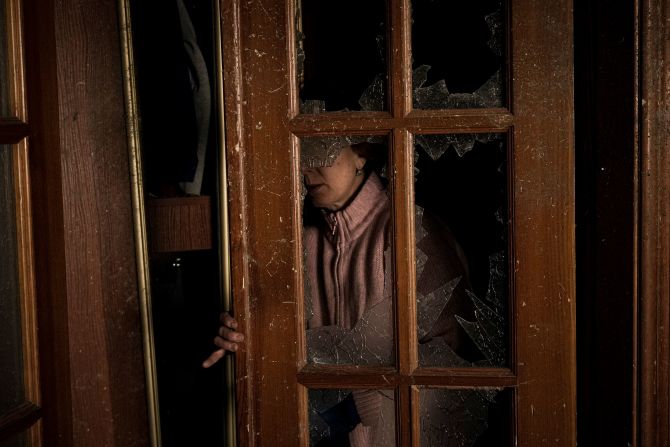
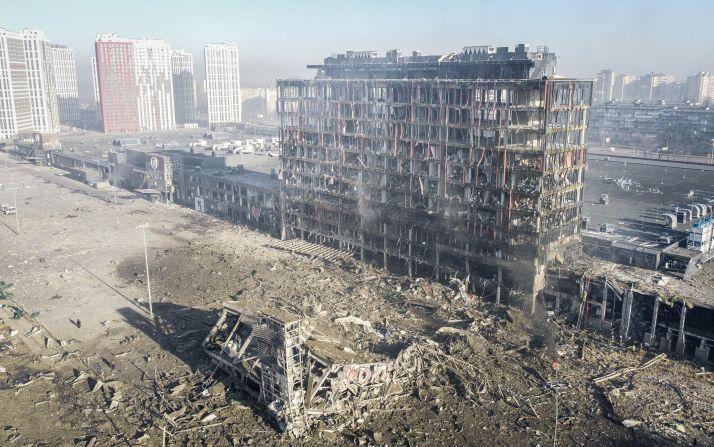

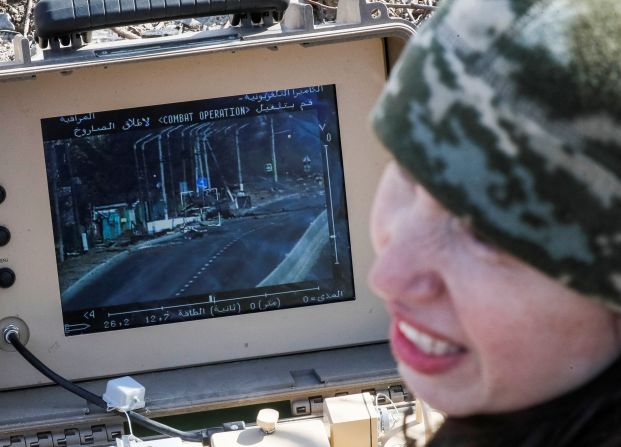
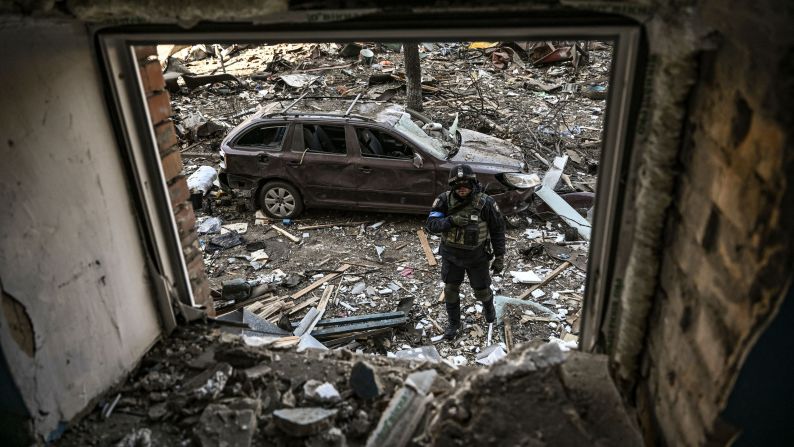
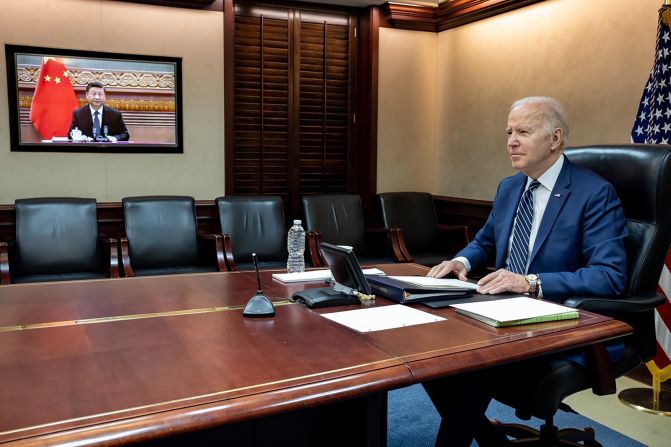
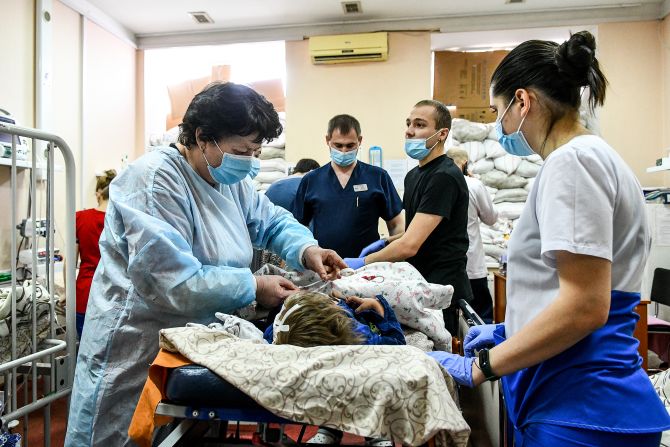
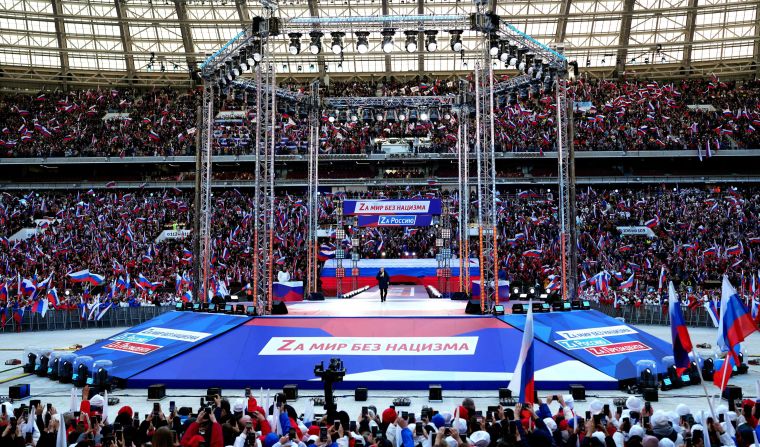
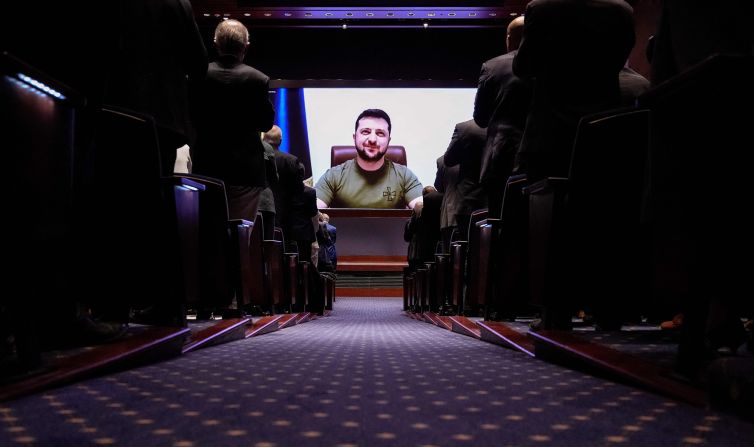
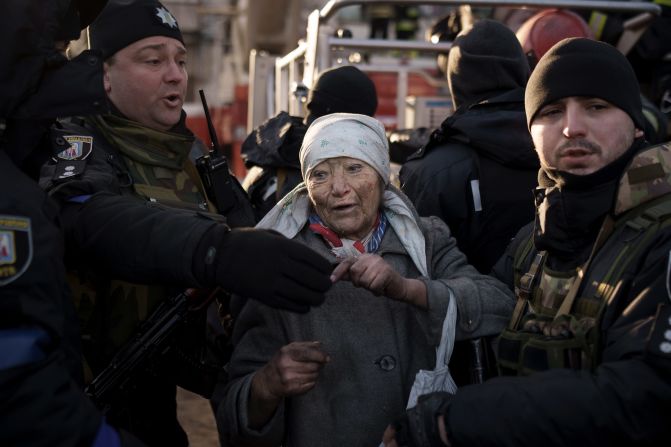
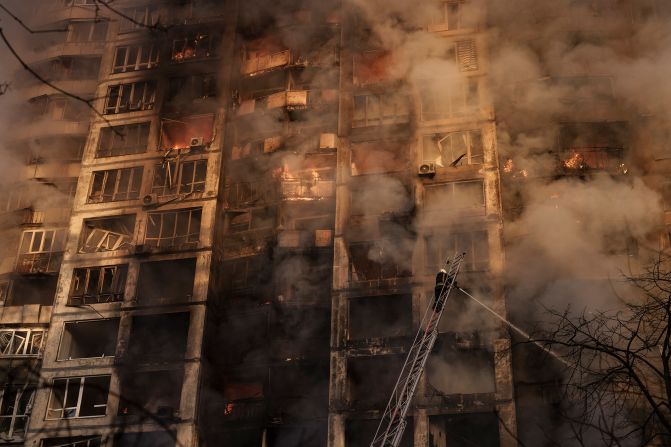
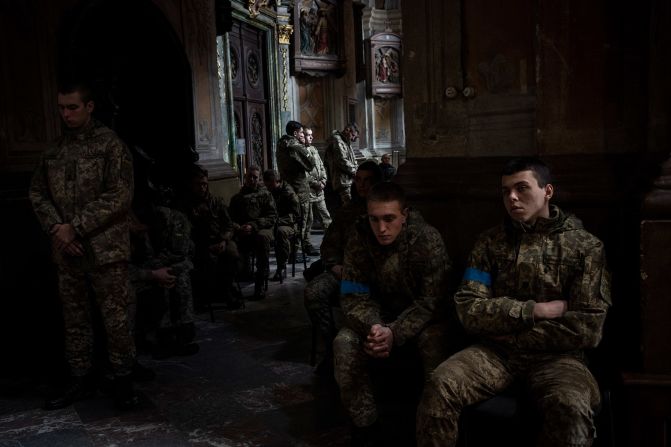



















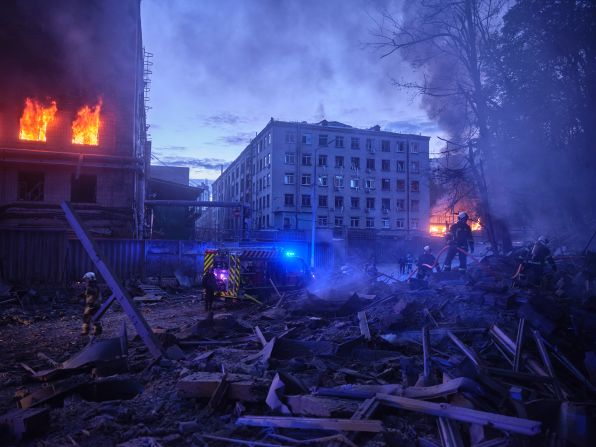
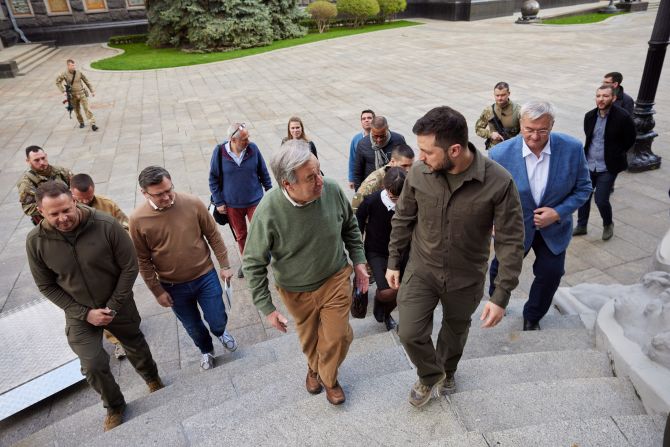








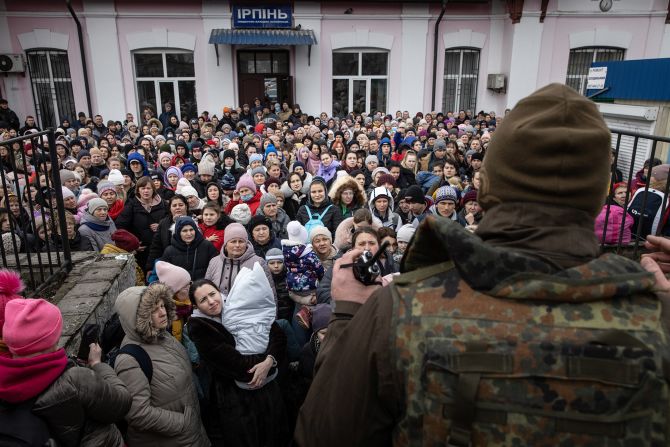






















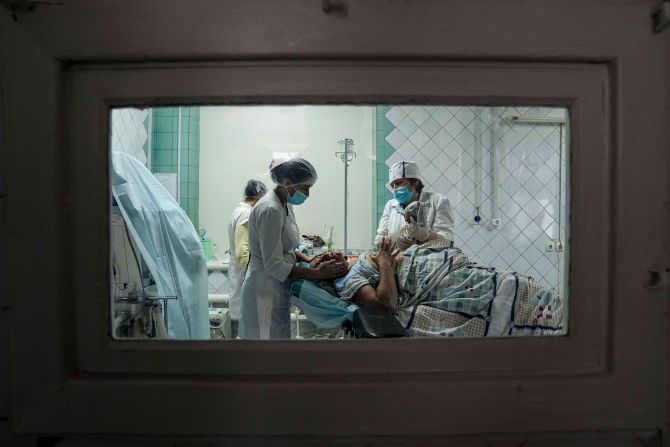

























































































In pictures: Russia invades Ukraine
Territorial goals
Russian forces are also waging campaigns far from Kyiv, attempting to take control of key cities in Ukraine’s south and southeast, including Kherson.
The mayor of Kherson effectively admitted that Ukrainian forces had ceded control of the city on Wednesday, saying in a statement on his Facebook page that residents would have to accept the direction of “armed people who came to the city’s administration” – in other words, Russian forces.
One former NATO Commander told CNN: “It is quite clear that Putin is pushing for a land corridor to Crimea.” Richard Shirreff, NATO’s former Deputy Supreme Allied Commander for Europe, said the land corridor was “an obvious objective.”
“He’s had Crimea in the Russian Federation since 2014, he’s only been able to supply it across the Kerch Strait bridge, and so of course he’s looking to establish that land corridor down off the Sea of Azov,” Shirreff added.
If Russian forces capture the port city of Odessa, it is possible to imagine Moscow creating a land bridge extending all the way across southern Ukraine, potentially even linking Transnistria – a separatist enclave in Moldova, where Russian troops are stationed – to Odessa, Crimea and southern and eastern Ukraine.
A partitioned Ukraine
Parts of modern-day Ukraine previously belonged to interwar Poland, Czechoslovakia and Romania – and before that, to the Austro-Hungarian empire. If Putin has partition in mind, Galician Ukraine and the city of Lviv – close to the Polish border – could potentially be a part of a sort of rump Ukrainian state, while Russia focuses its attentions on the east of the country.
A division along these lines could make Ukraine “look like Germany in the Cold War era, with western Ukraine more dependent on Europe, and the Eastern part” sucked into the Russian spheres of influence, which include Belarus, Russian historian and author Alexander Etkind told CNN.
That kind of redrawing of borders may be an expansionist fantasy, but it could separate out what Moscow – justifiably or not – perceives as a more nationalist part of Ukraine.
Scorched earth battle tactics
So far, Ukrainian forces have managed to hold their own against the bigger and much better equipped Russian military.
US officials have noted how stretched Russia’s supply lines have become even in the early stages of invasion. As one senior US official explained to CNN, Russia anticipated a fast victory and may have neglected to plan for sufficient resupply of its forces.
But US administration officials expect Russia to ramp up its operations in Ukraine, and Putin has previously shown scant regard for human rights or the rules of modern warfare.
Russia’s air force backed President Bashar al-Assad in the Syrian civil war, providing overwhelming firepower to crush the country’s armed opposition groups and flattening entire neighborhoods in the process.
Experts fear the Kremlin could resort to this kind of scorched earth policy in Ukraine, should resistance efforts continue to thwart their plans.
Former CIA Director Gen. David Petraeus said Monday that the Russian military had already started using such tactics, including cluster bomb munitions. He also said the Kremlin was bringing in thermobaric munitions – sometimes known as vacuum bombs – which create a prolonged pressure wave that can suck the oxygen out of a room or a person’s lungs. Use of such weaponry in civilian areas is proscribed by international humanitarian law.
“I fear we’ll see more of that,” Petraeus said. “They will rubble some cities, I suspect, because in some ways they almost have to depopulate areas or they are not secure in them, and we’ve seen them do that in the past.”
The US Ambassador to the UN, Linda Thomas-Greenfield, said Wednesday that Russia was moving banned weaponry into Ukraine: “We have seen videos of Russian forces moving exceptionally lethal weaponry into Ukraine, which has no place on the battlefield.”
US President Joe Biden said Wednesday he believes Russia is intentionally targeting civilians in Ukraine – but declined to say whether he believed war crimes were being committed.

Sanctions
The Kremlin acknowledged Wednesday that Russia’s economy is taking “serious blows,” as unprecedented sanctions and the country’s growing isolation piles pressure on its tottering financial system.
International companies have begun shutting down or suspending their Russian operations.
Apple, the world’s most valuable company, announced Tuesday it had stopped selling all of its products in Russia due to the invasion of Ukraine, while Boeing and Airbus are suspending their support for Russian airlines.
Russia’s energy riches haven’t been directly targeted by Western sanctions, but many of the world’s biggest oil companies are quitting the country or halting new investments. Moscow is also finding it harder to sell shipments of Russian crude oil to traders and refineries worried about being caught in the net of financial sanctions.
But experts say Putin has overseen a push to wean Moscow’s oil-dependent economy off the dollar in recent years, and has limited government spending and stockpiled foreign currencies.
Putin’s economic planners have sought to boost domestic production of certain goods by blocking equivalent products from abroad. Moscow has meanwhile amassed a war chest of $630 billion in international reserves – a huge sum compared to most other countries – that can be spent if sanctions bite.
It remains to be seen whether such measures will help Russia avoid economic calamity as its invasion continues.
CNN’s Charles Riley and Mark Thompson contributed to this report



